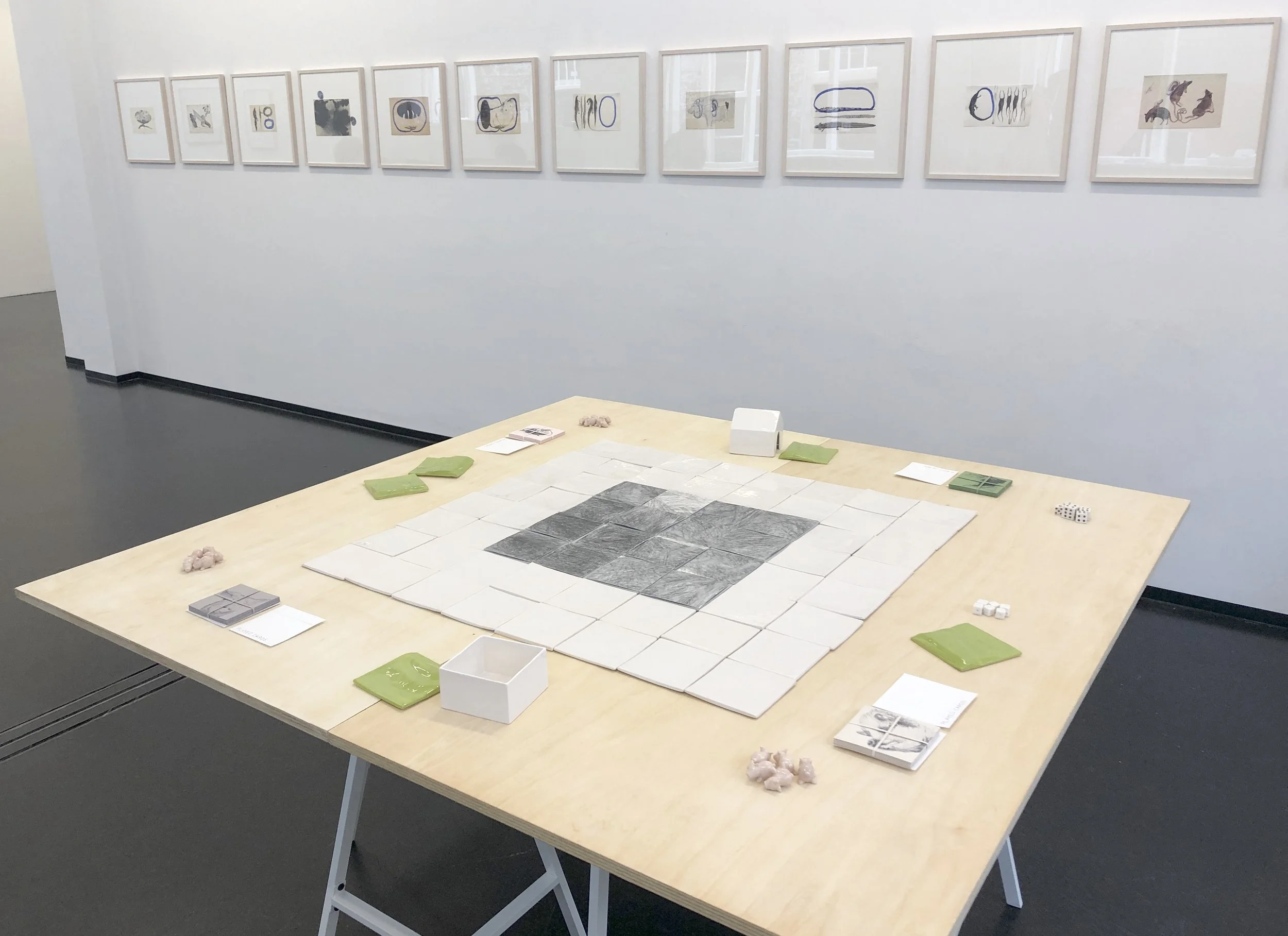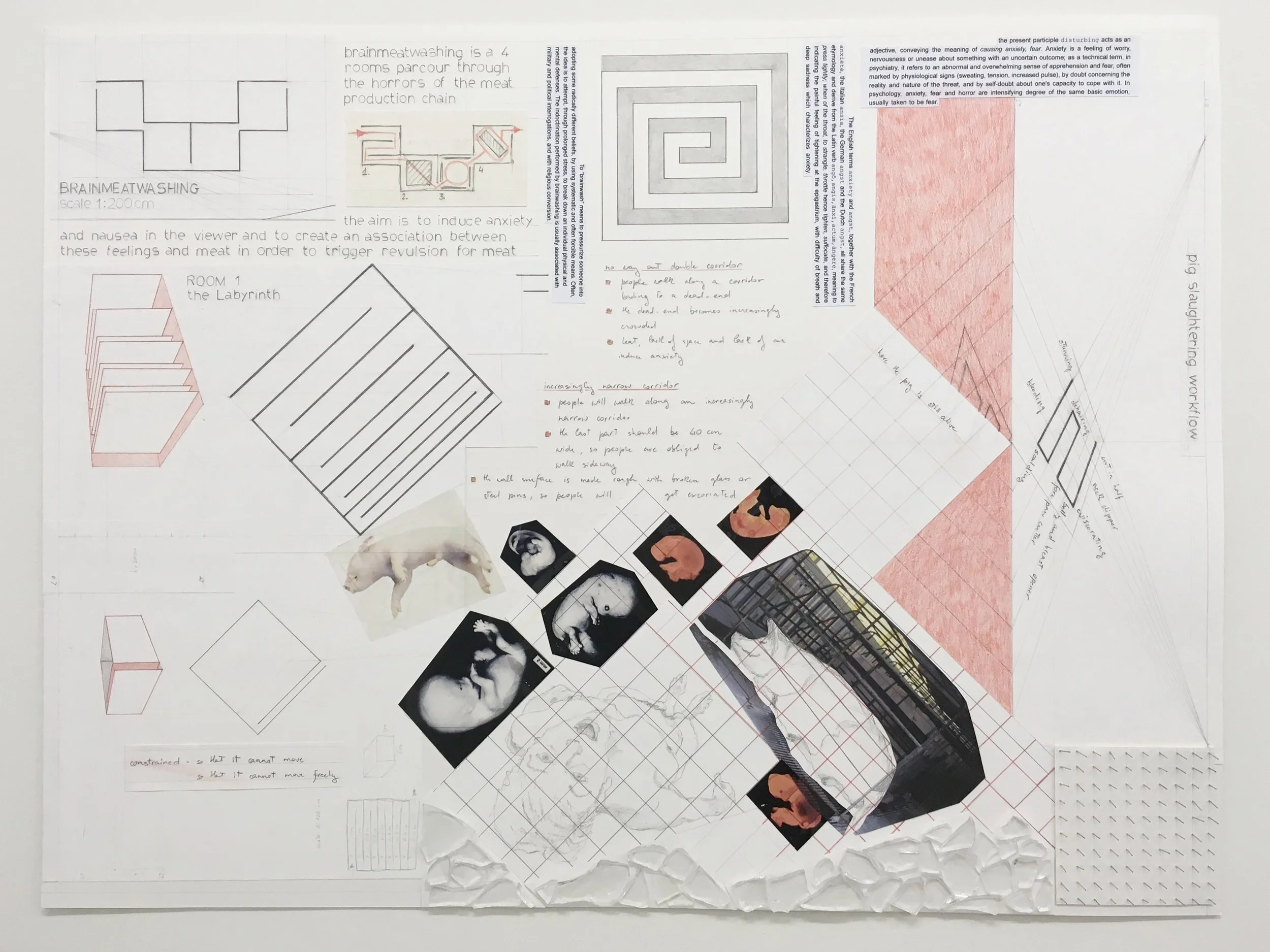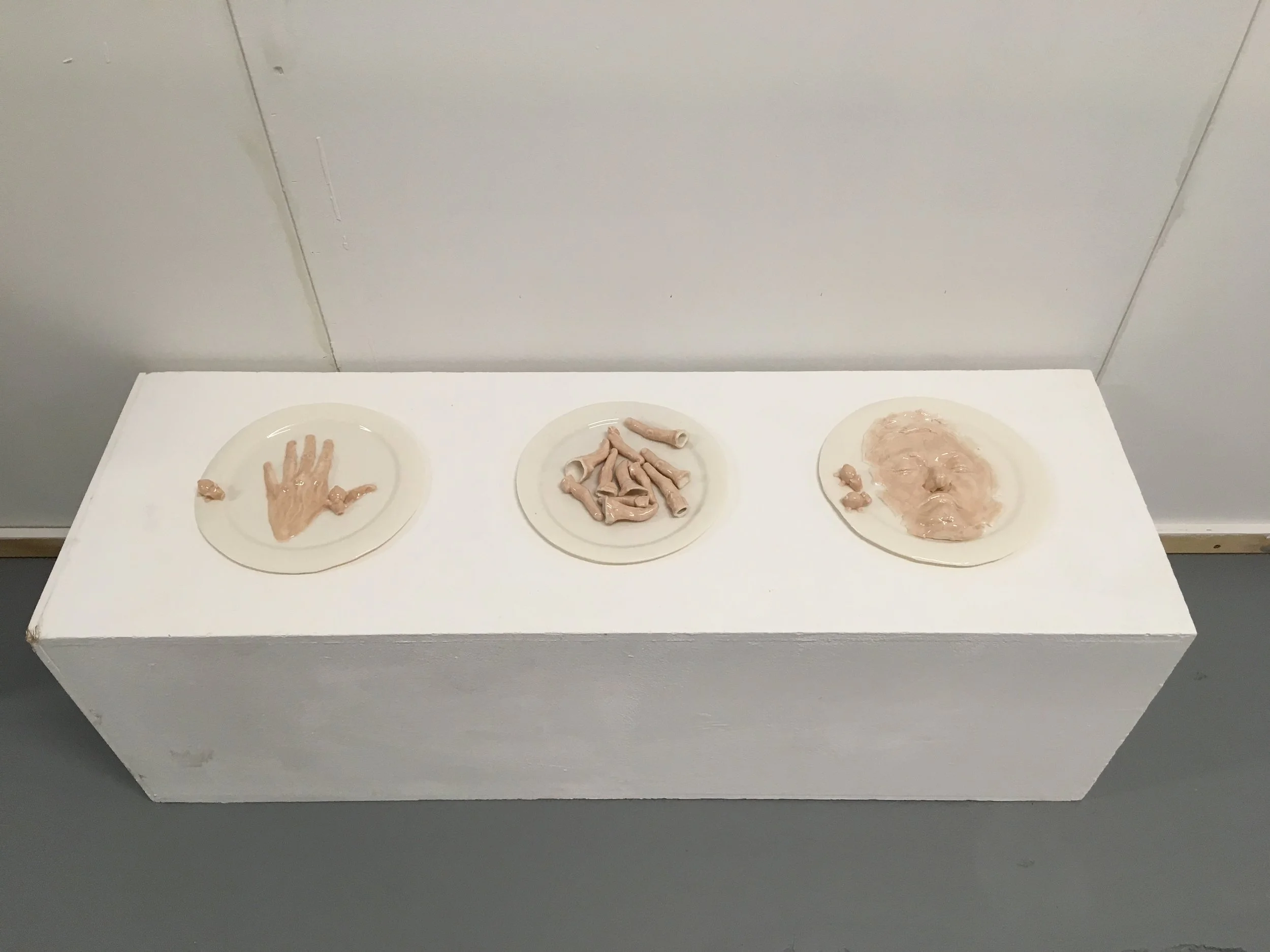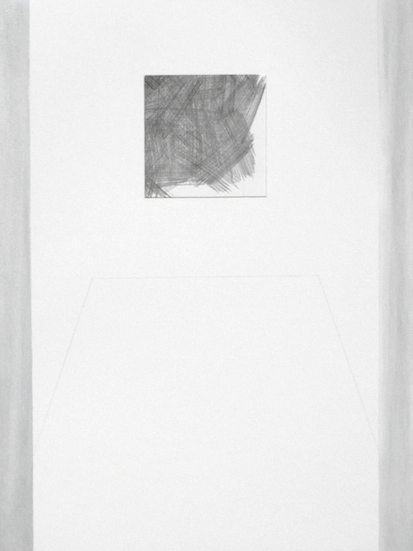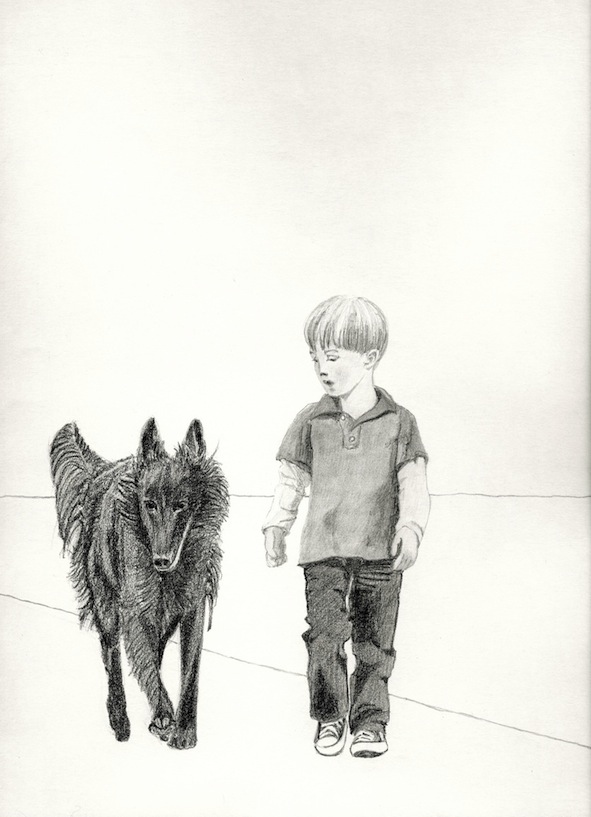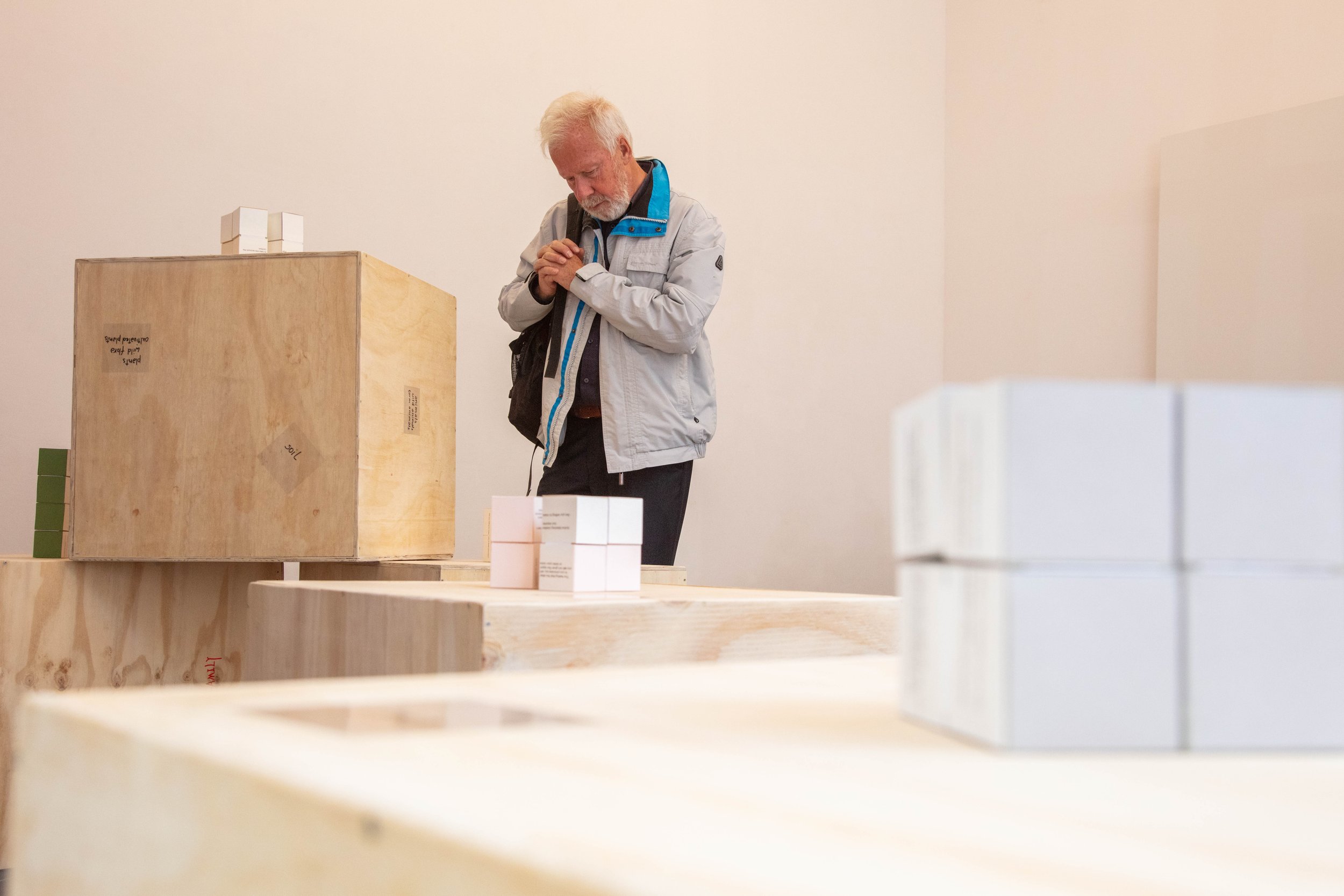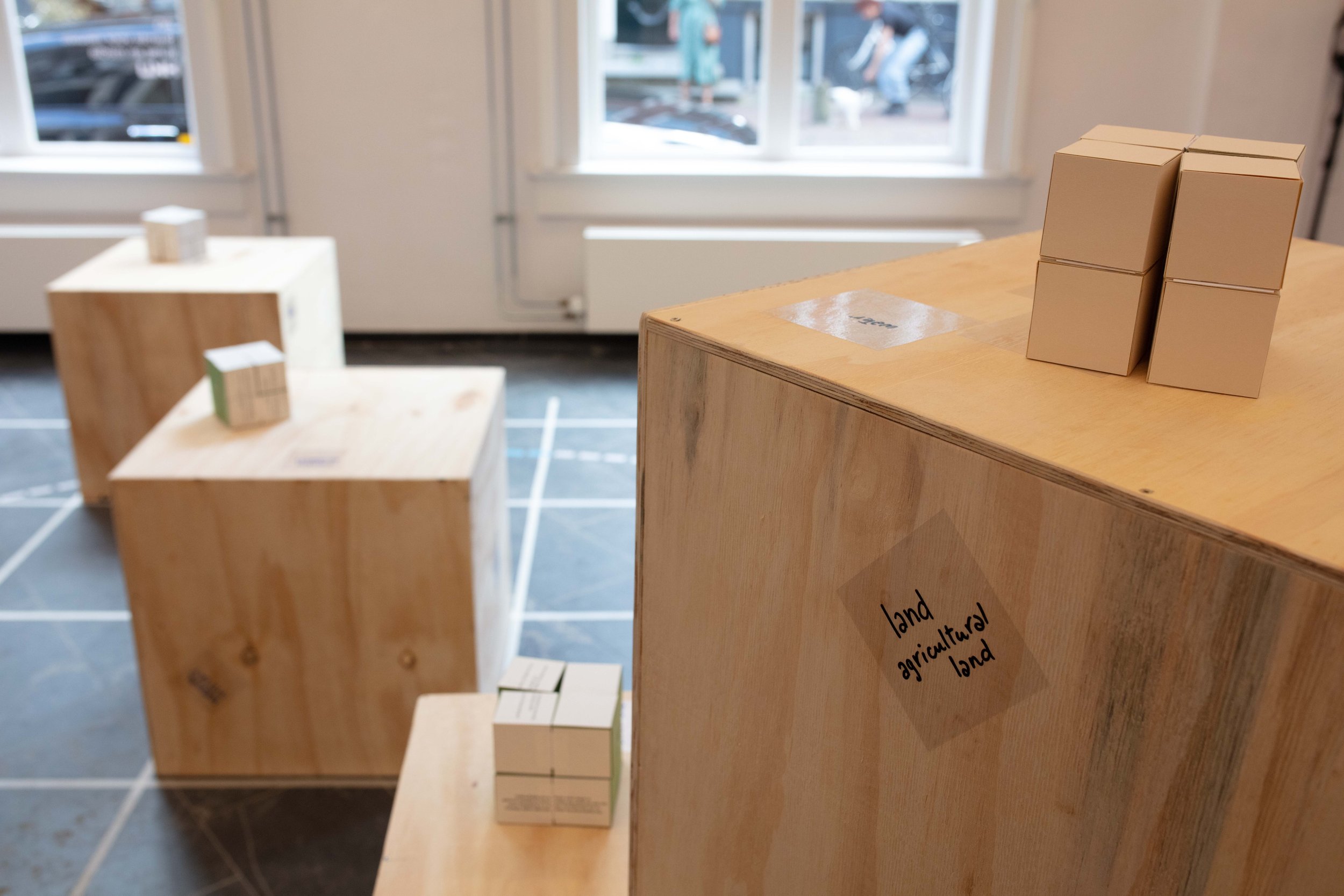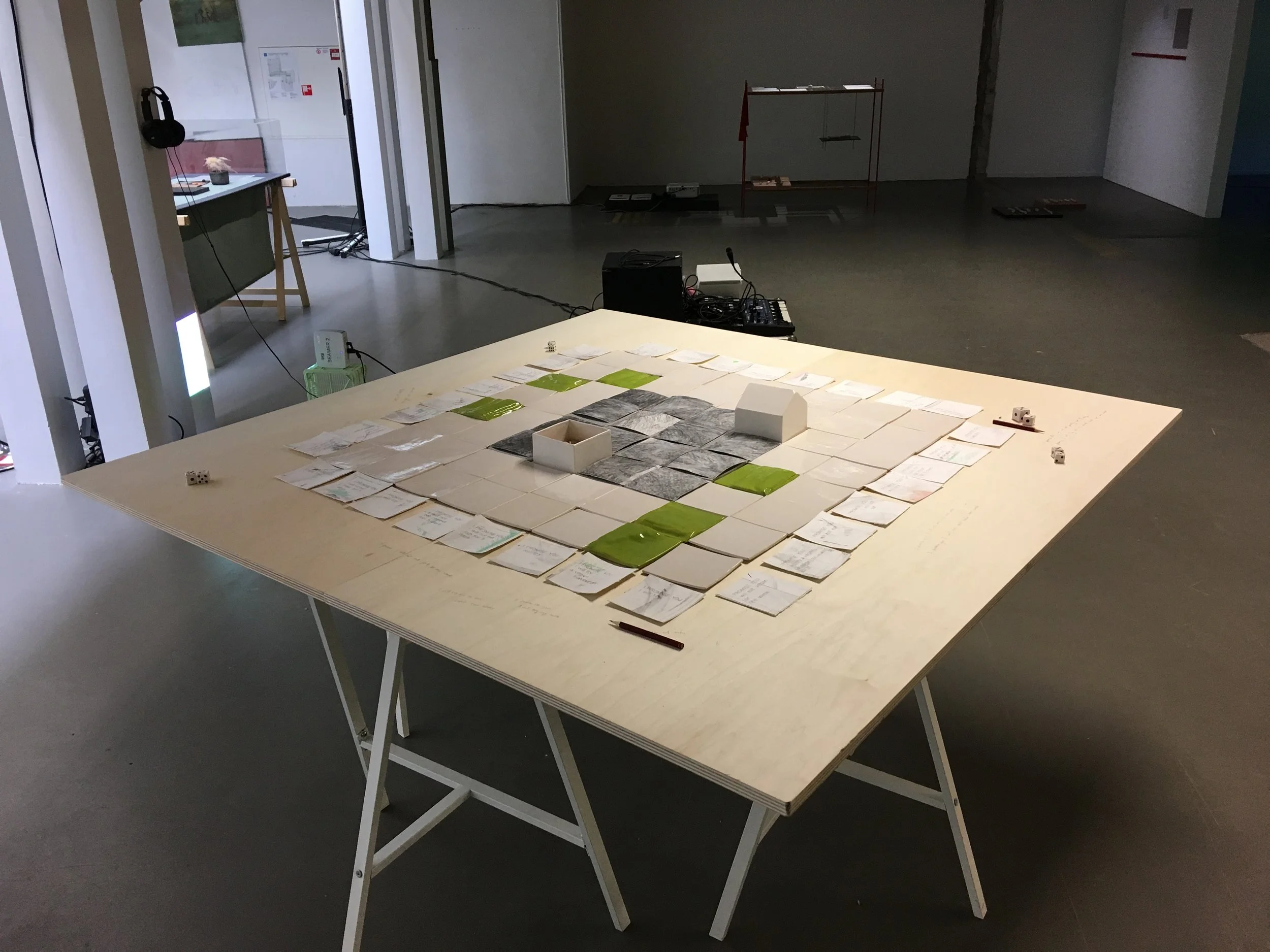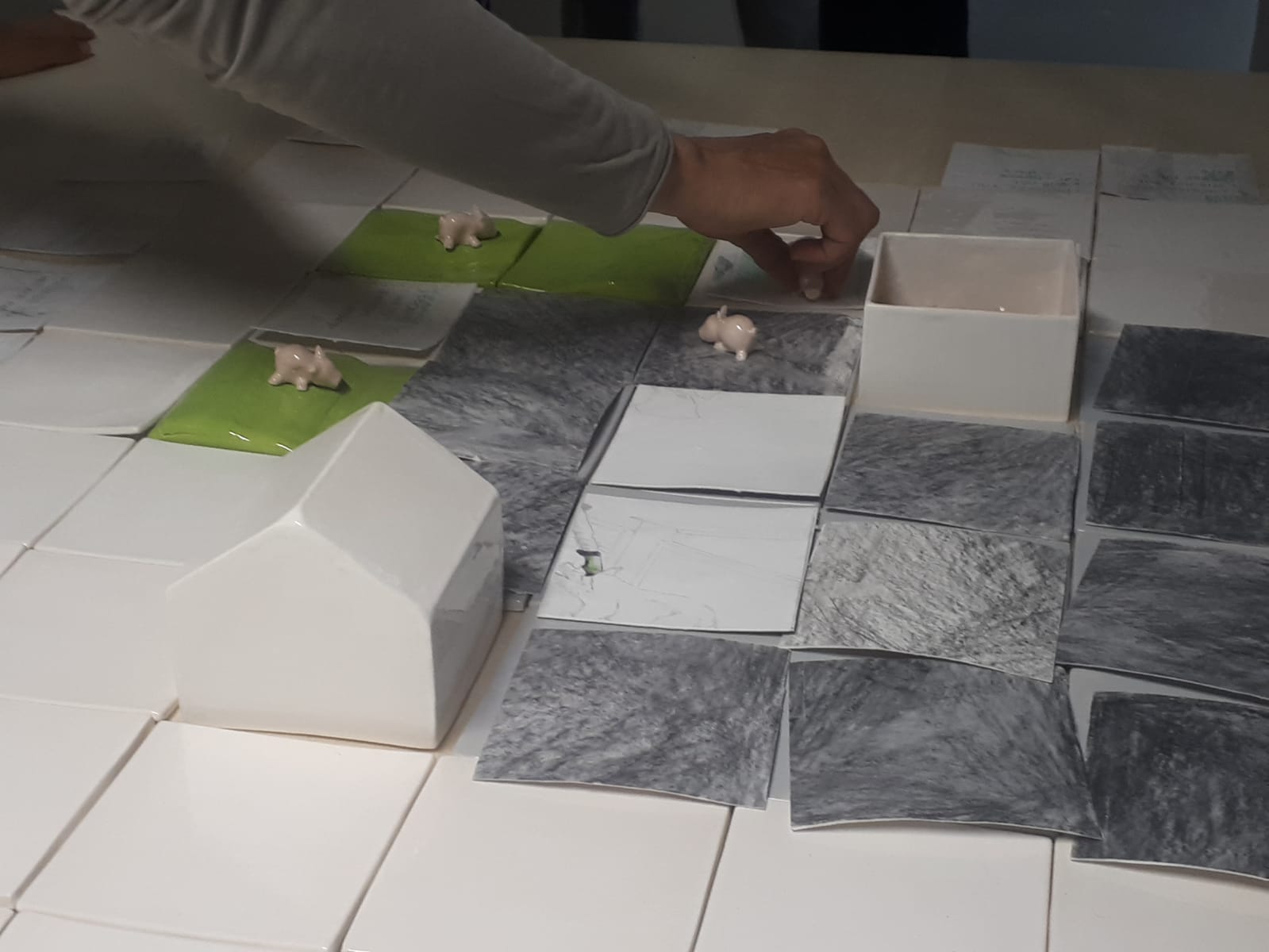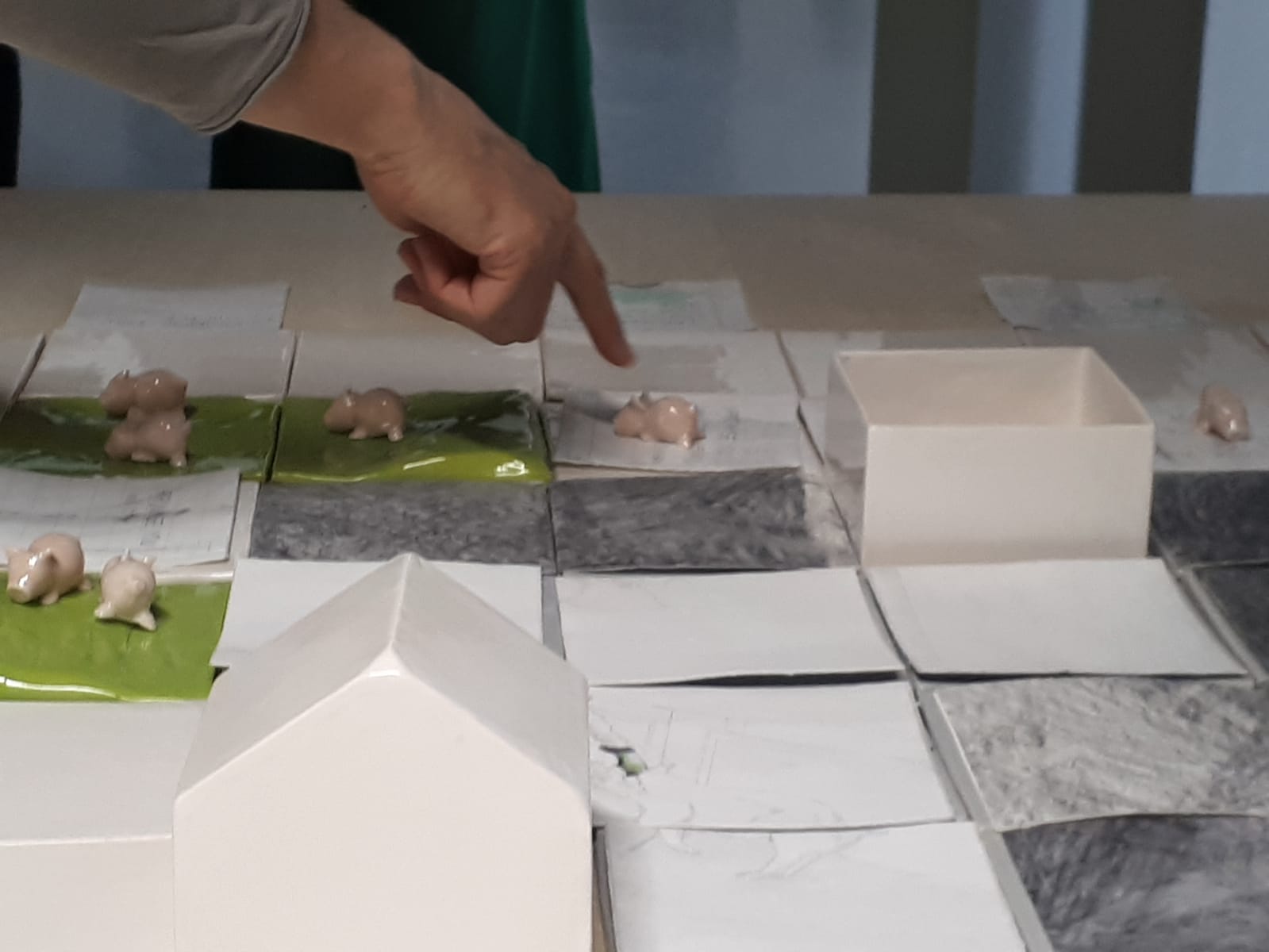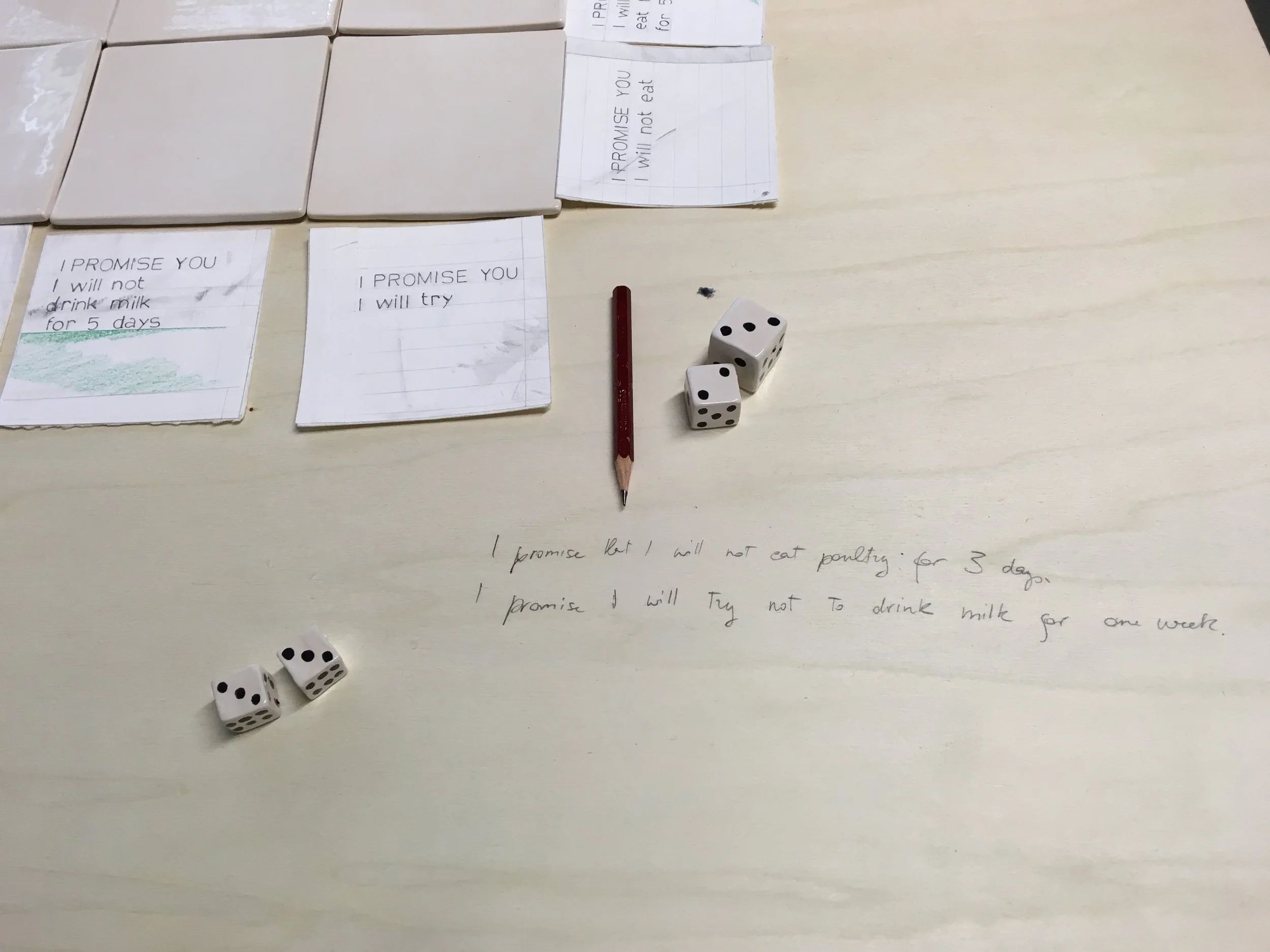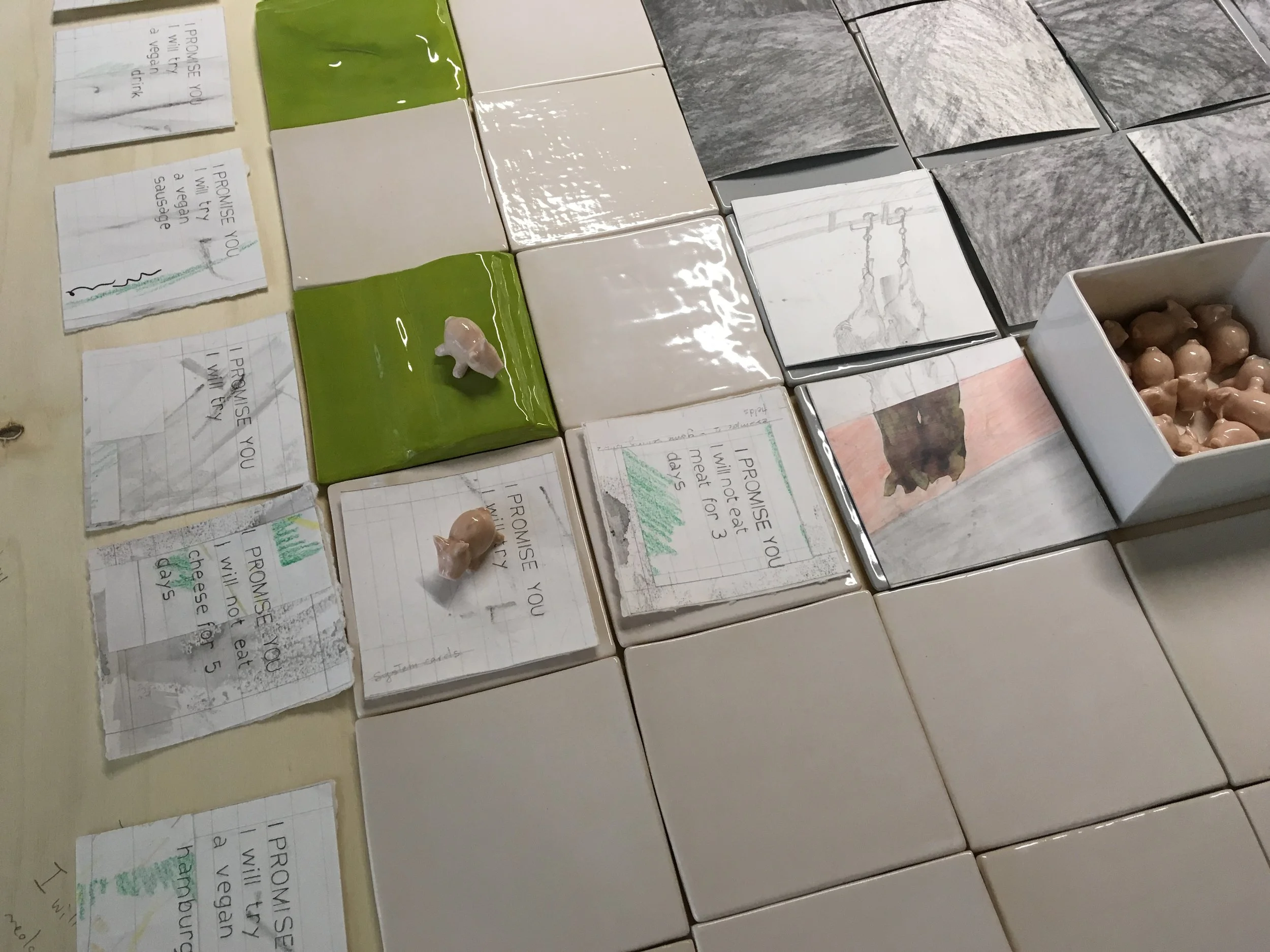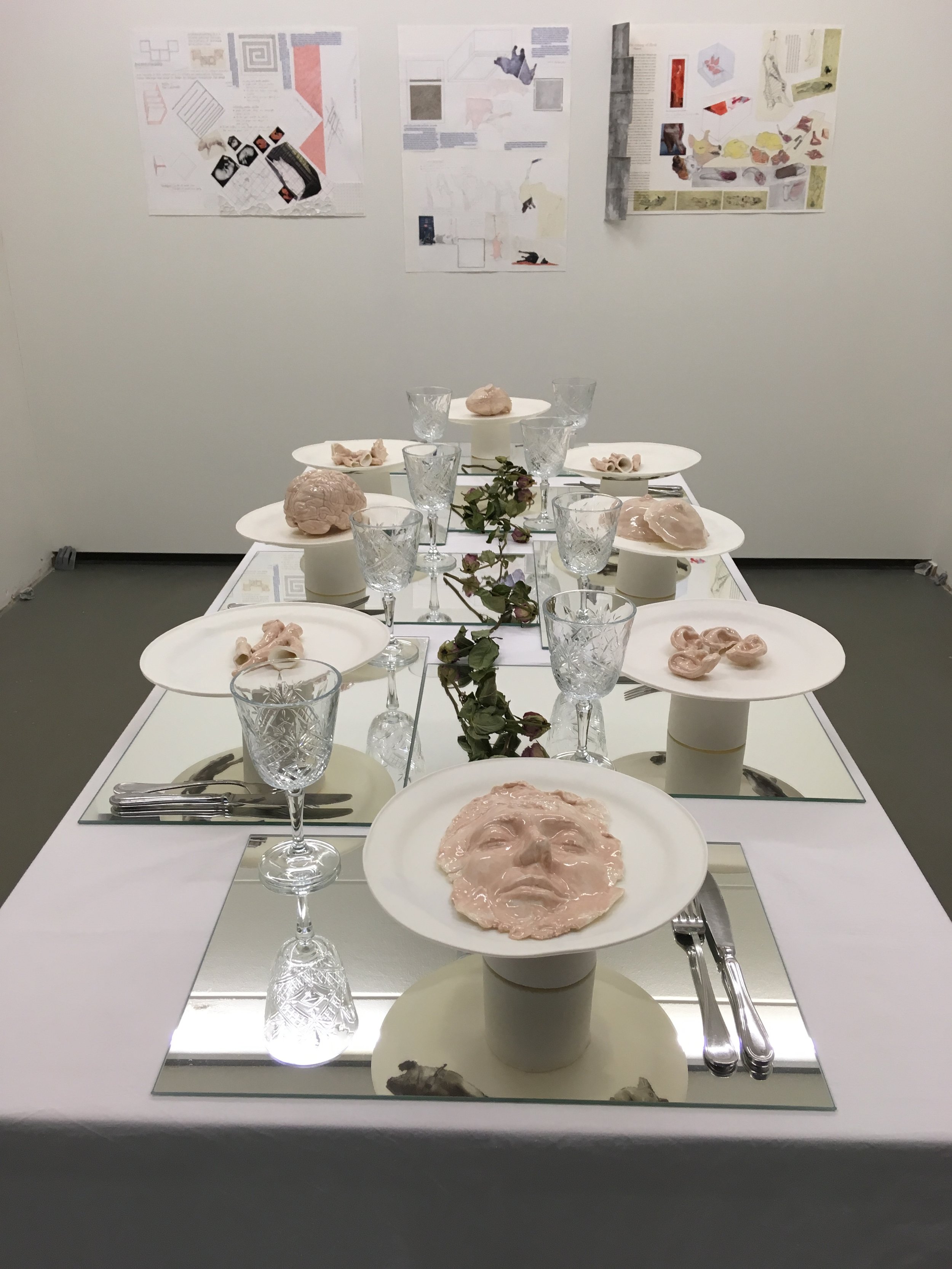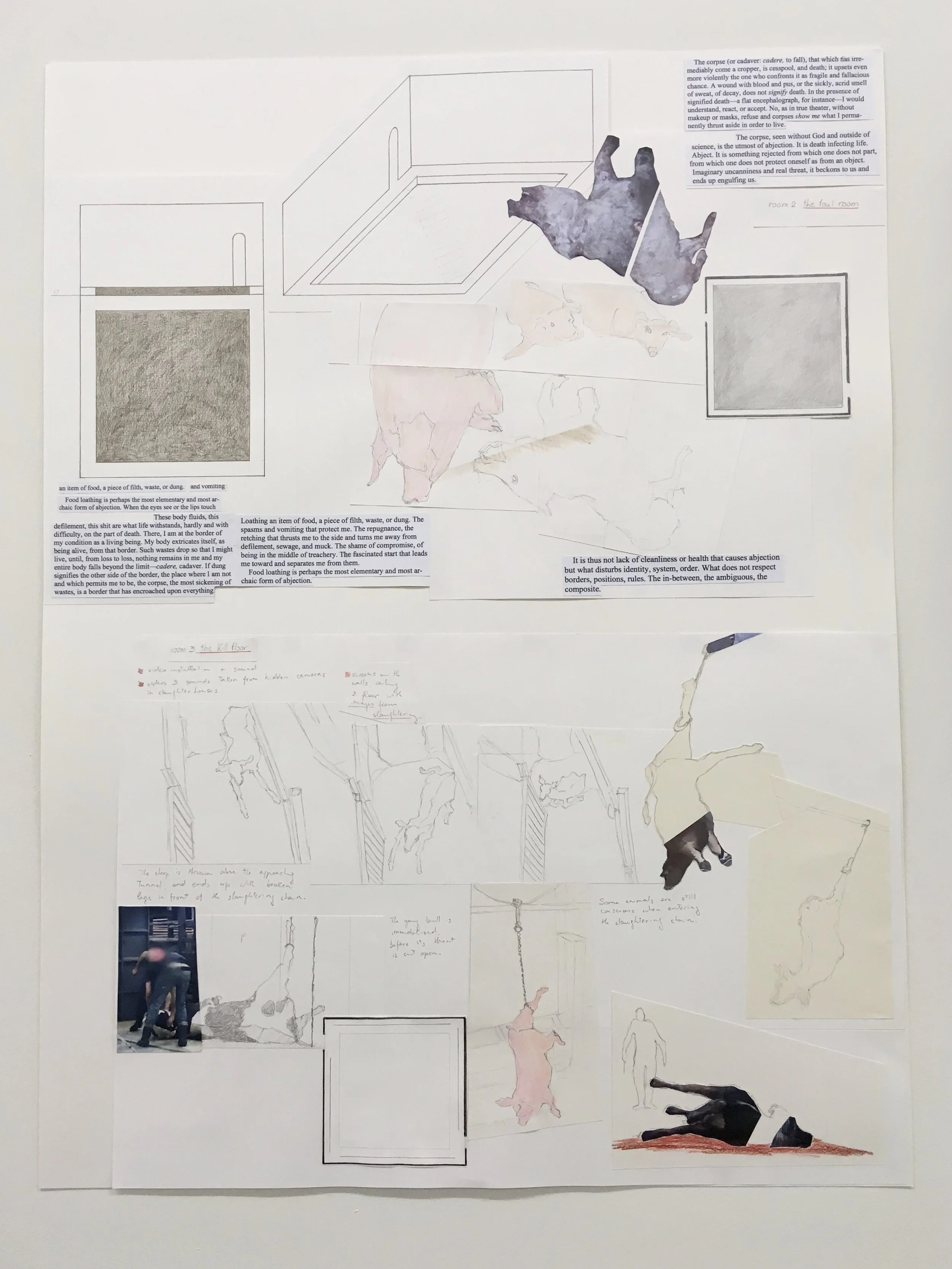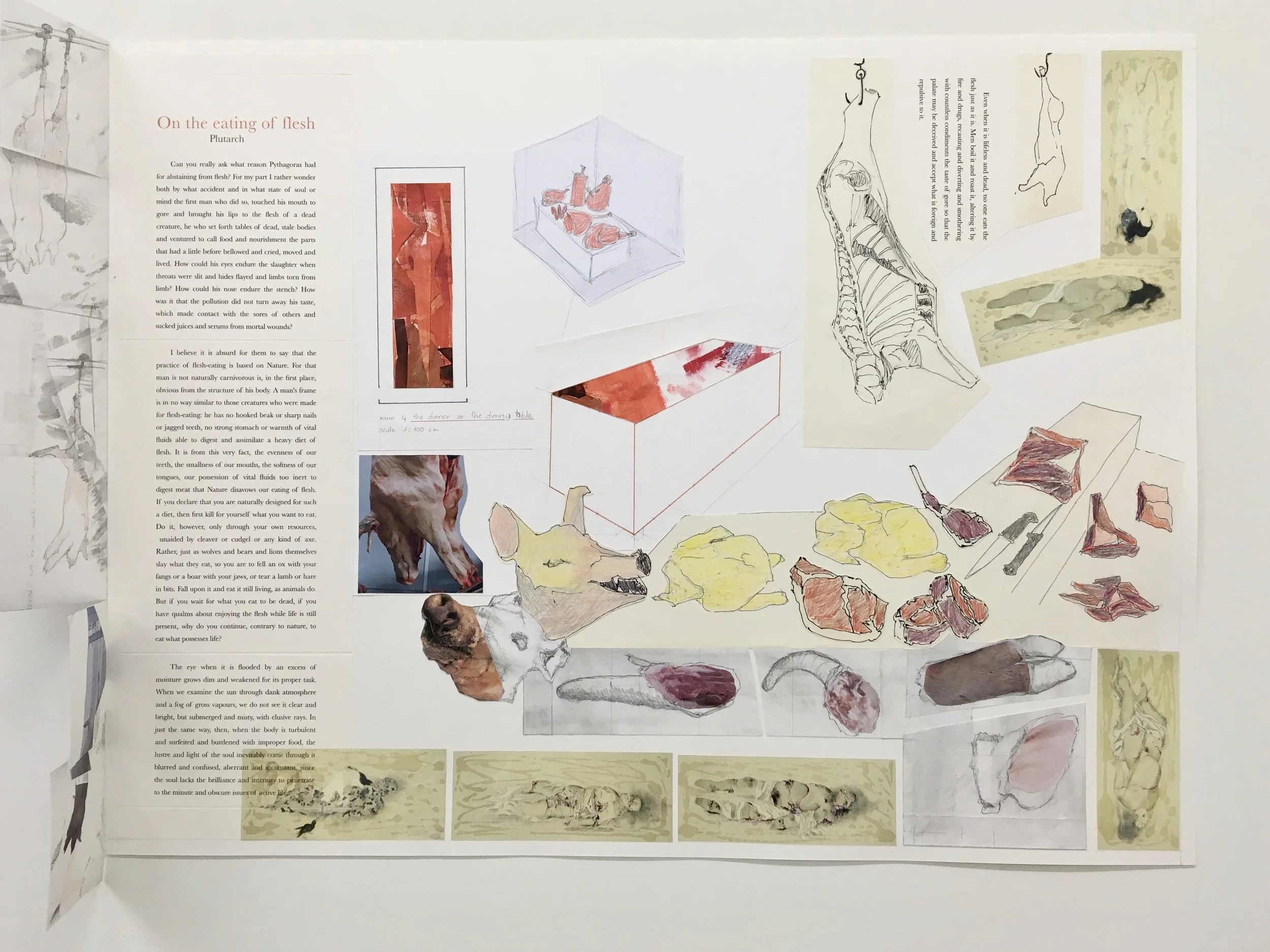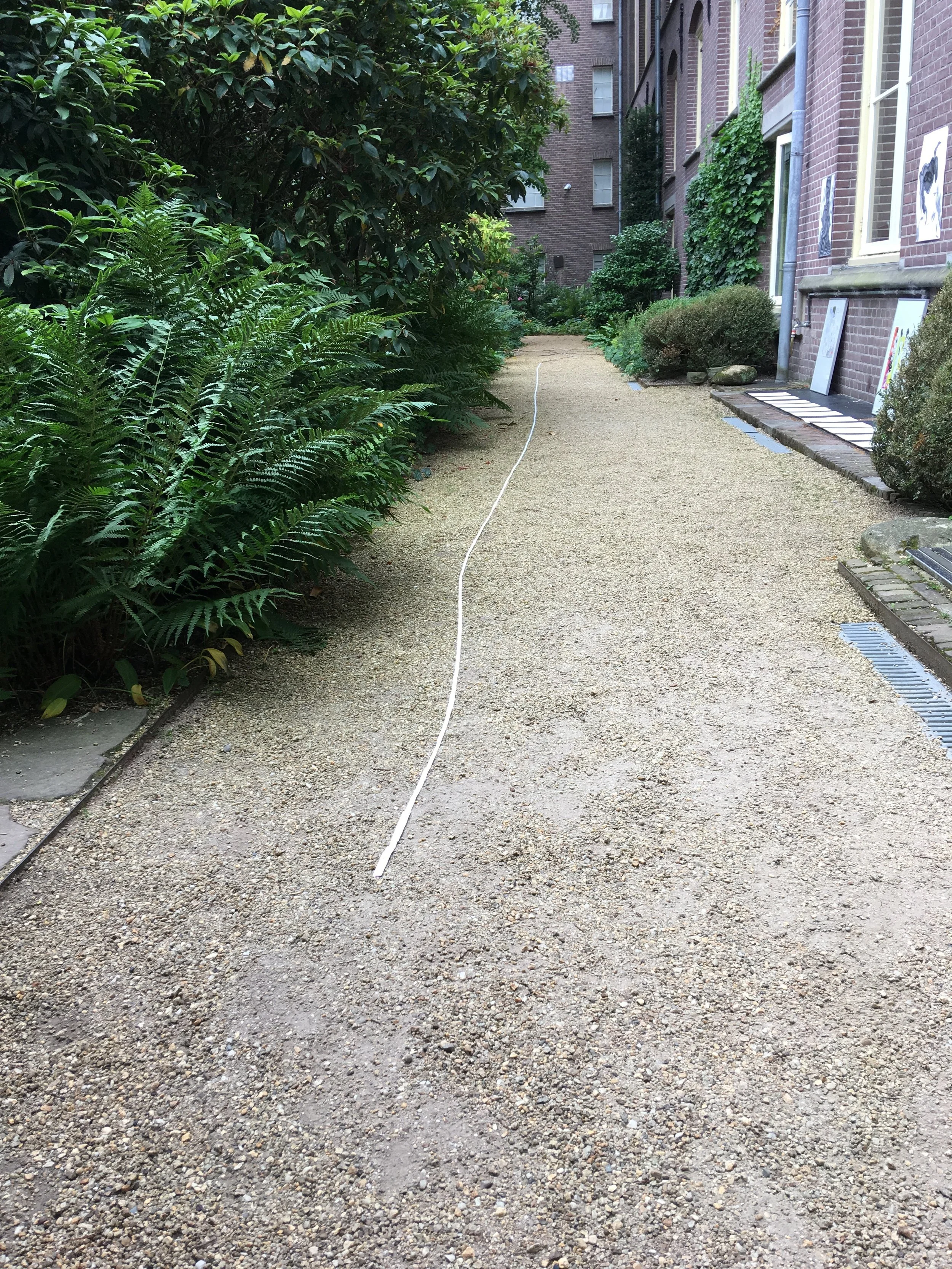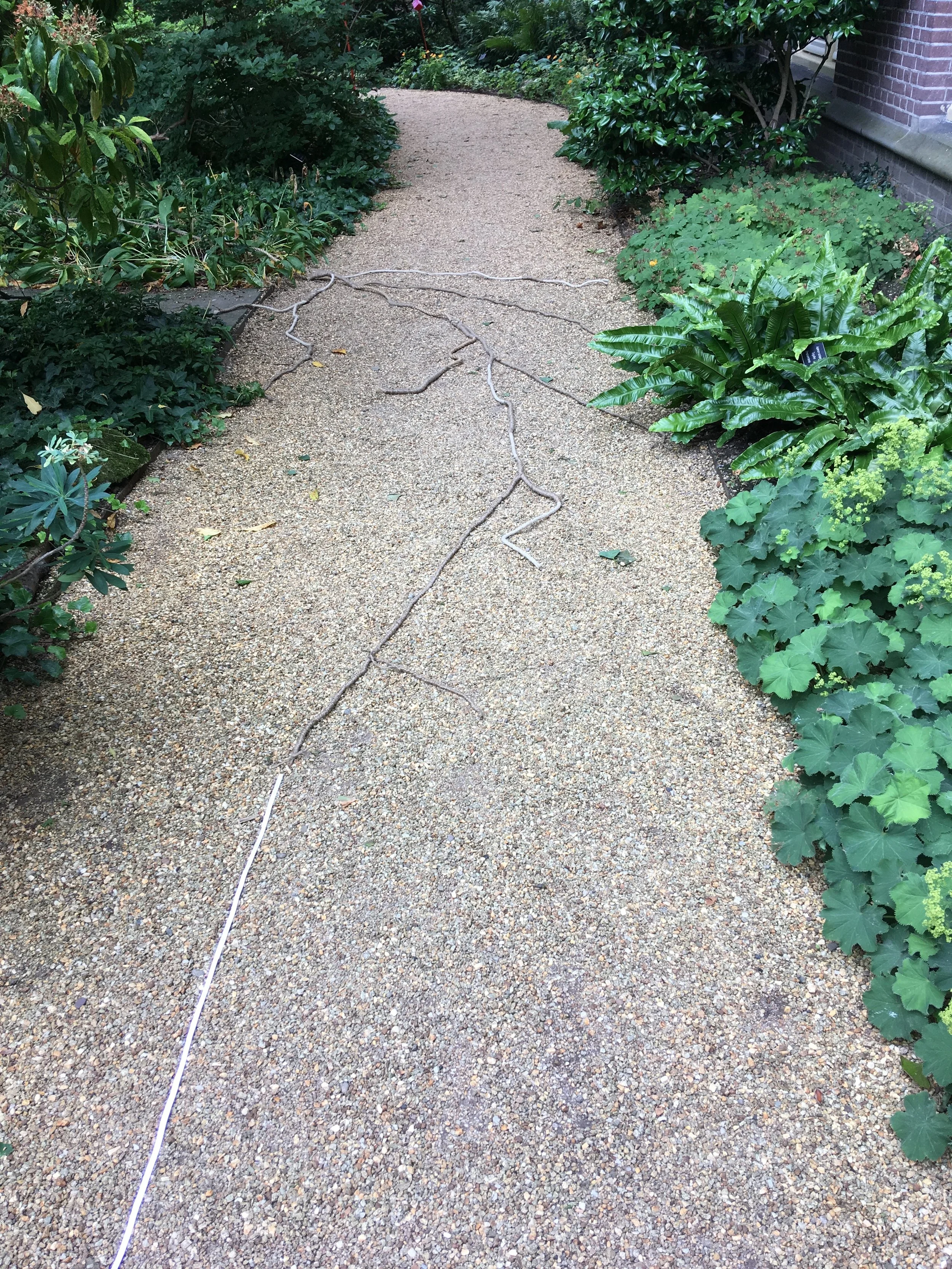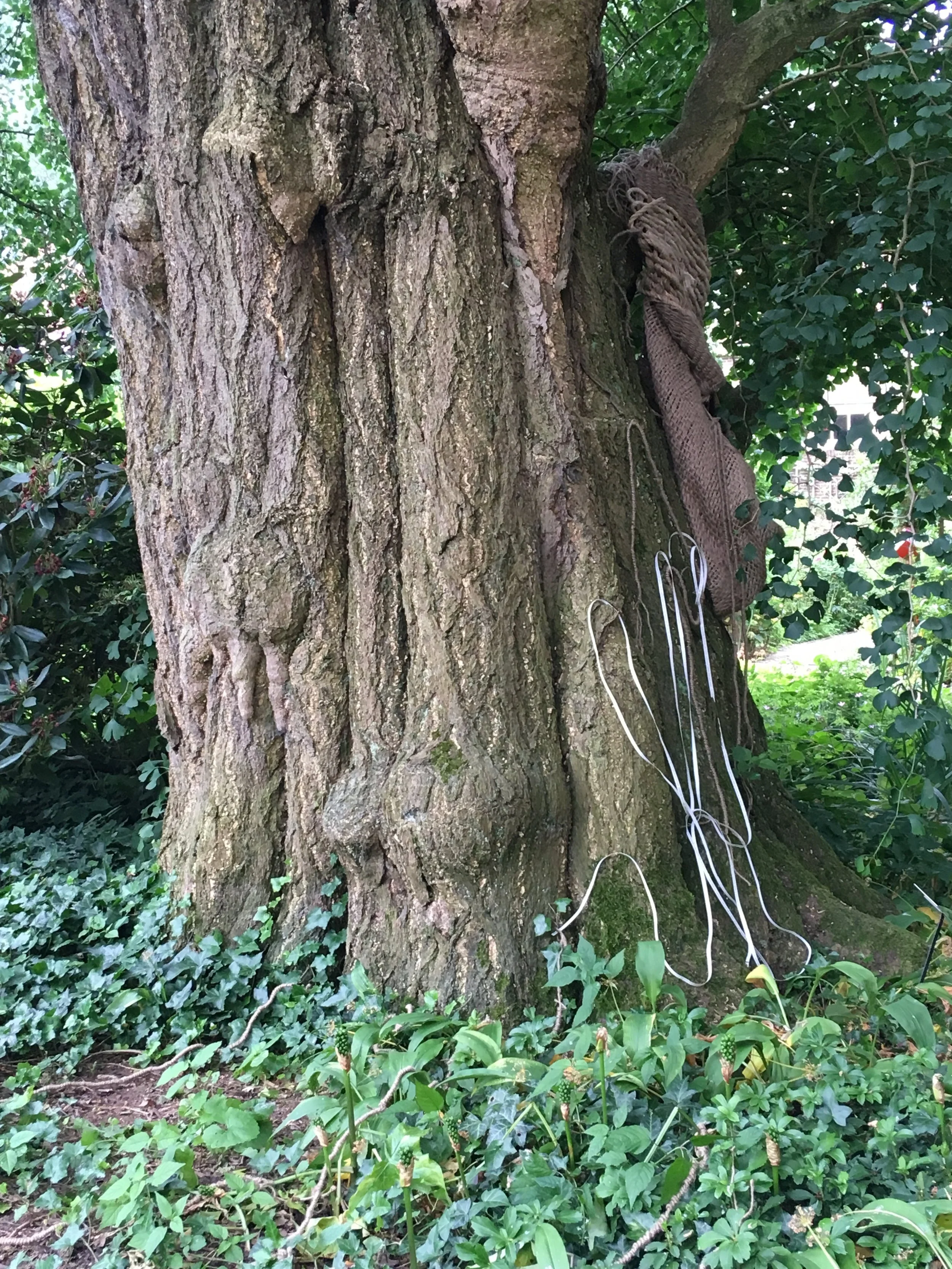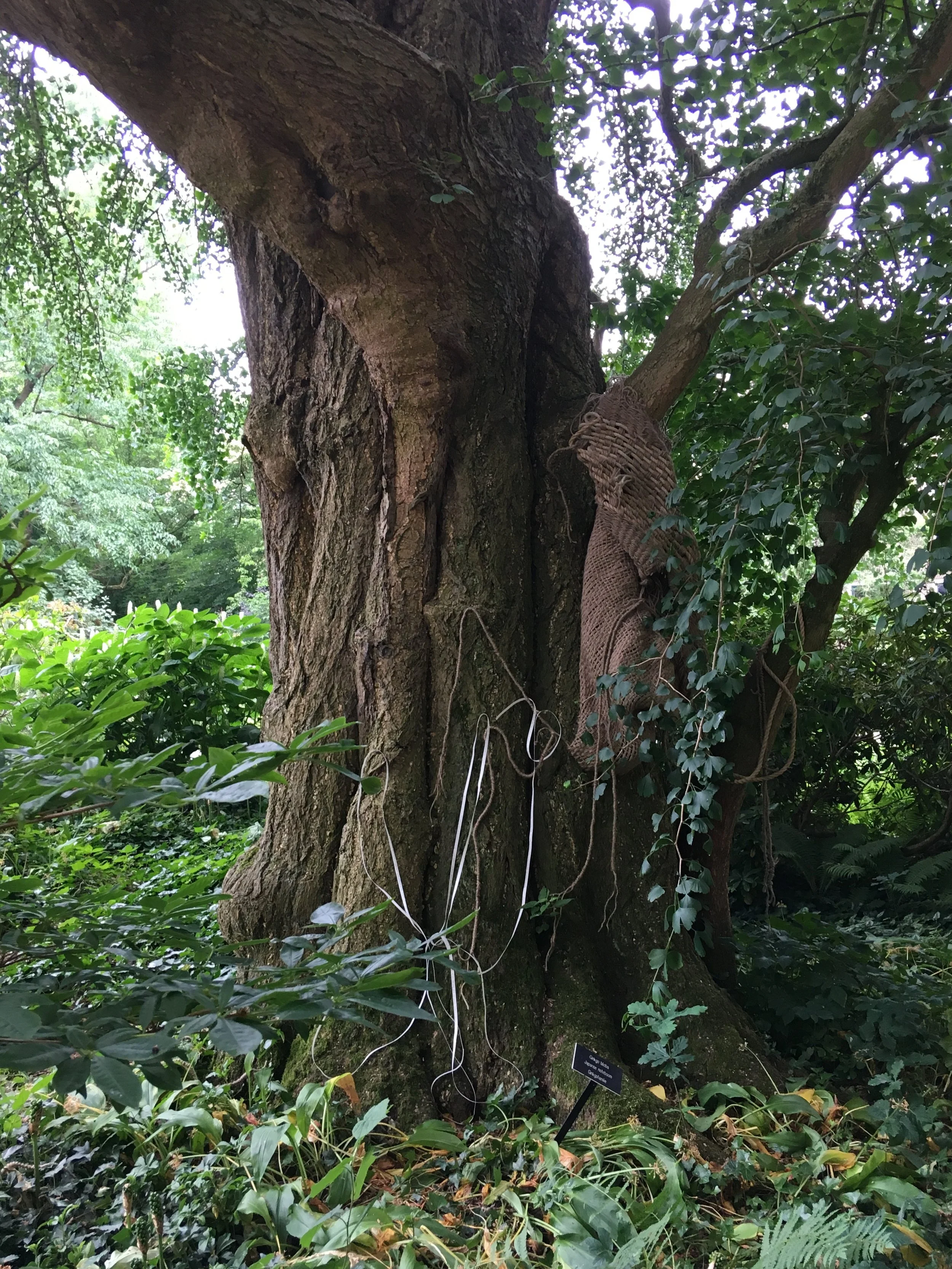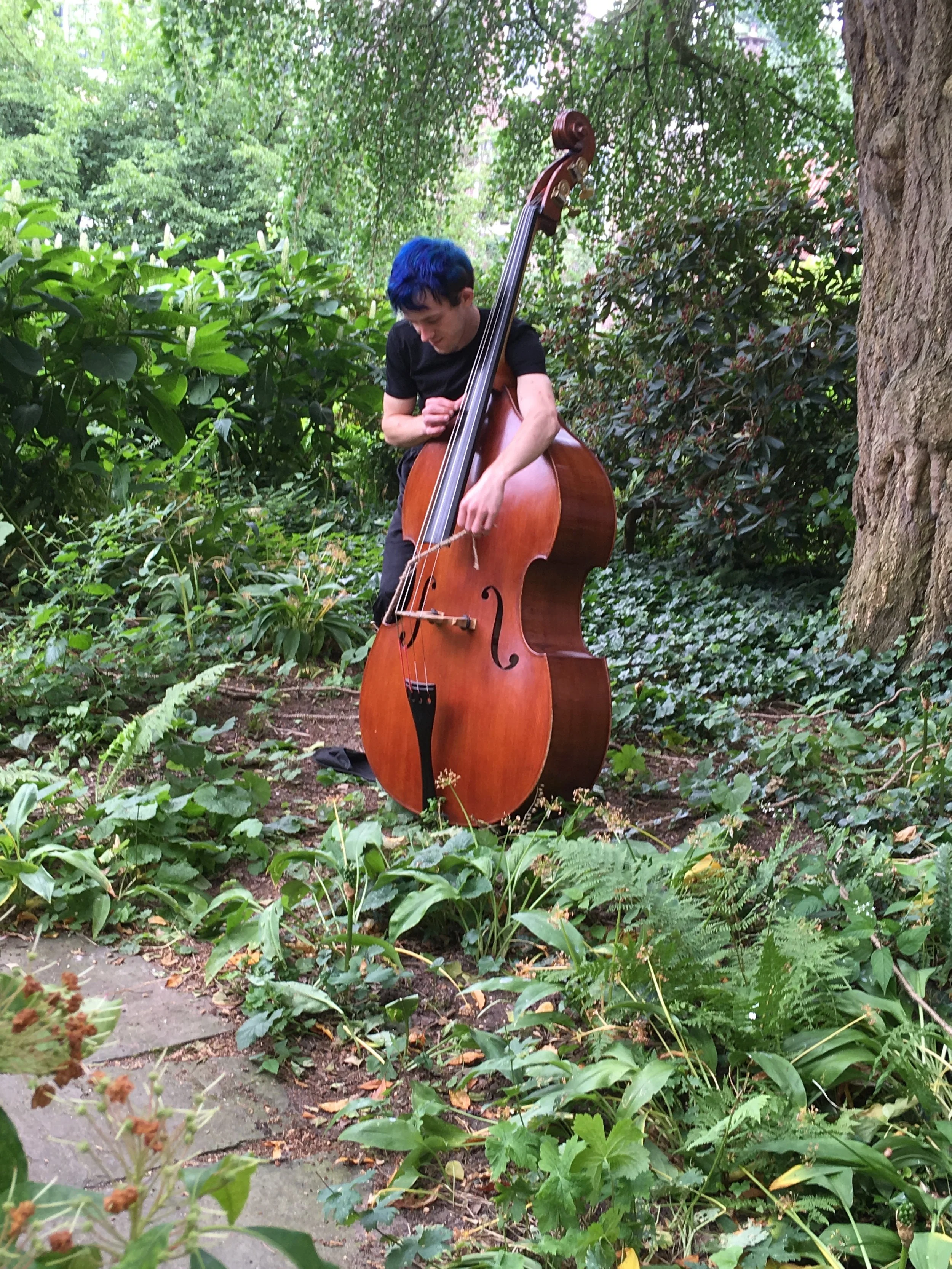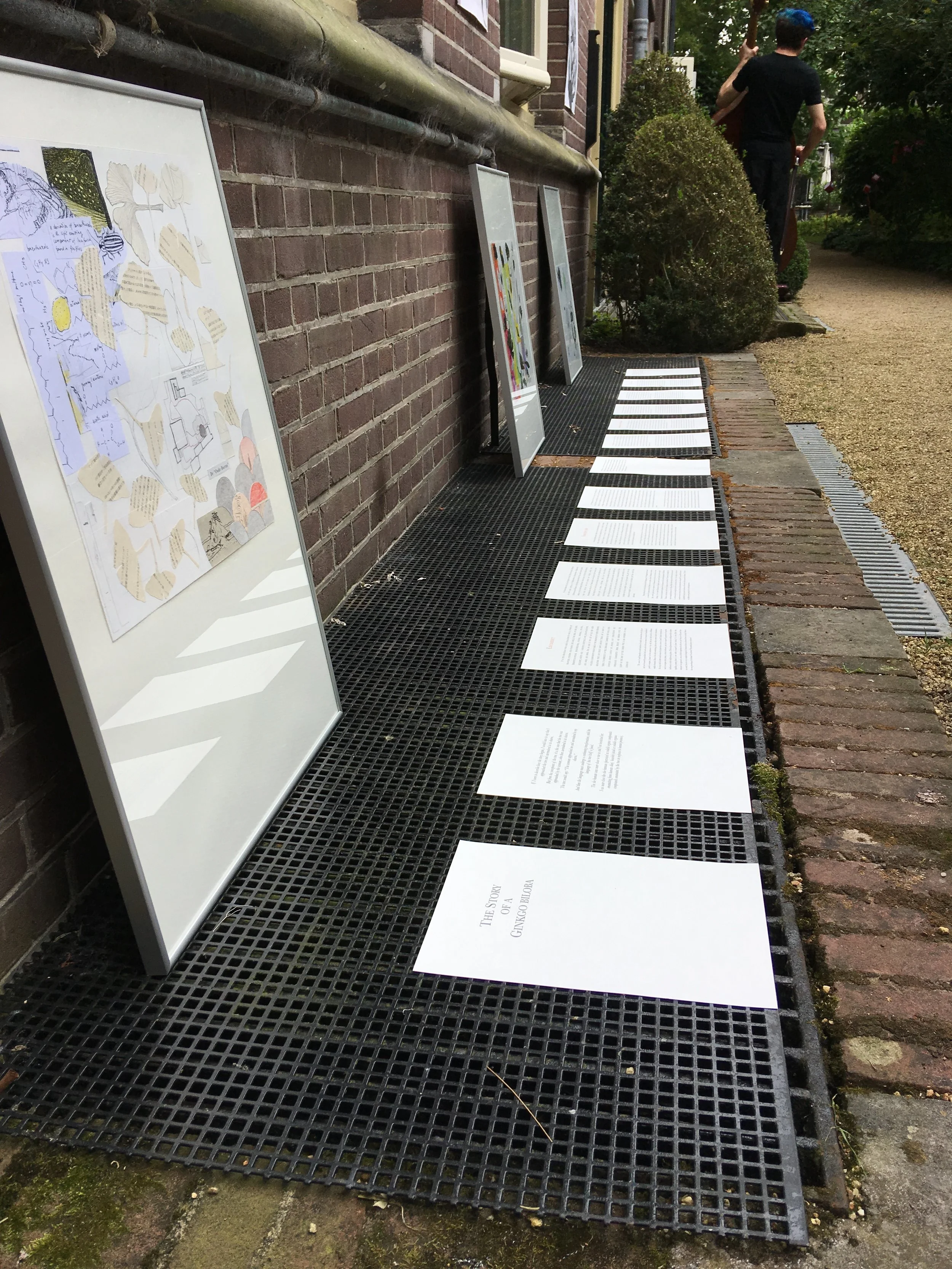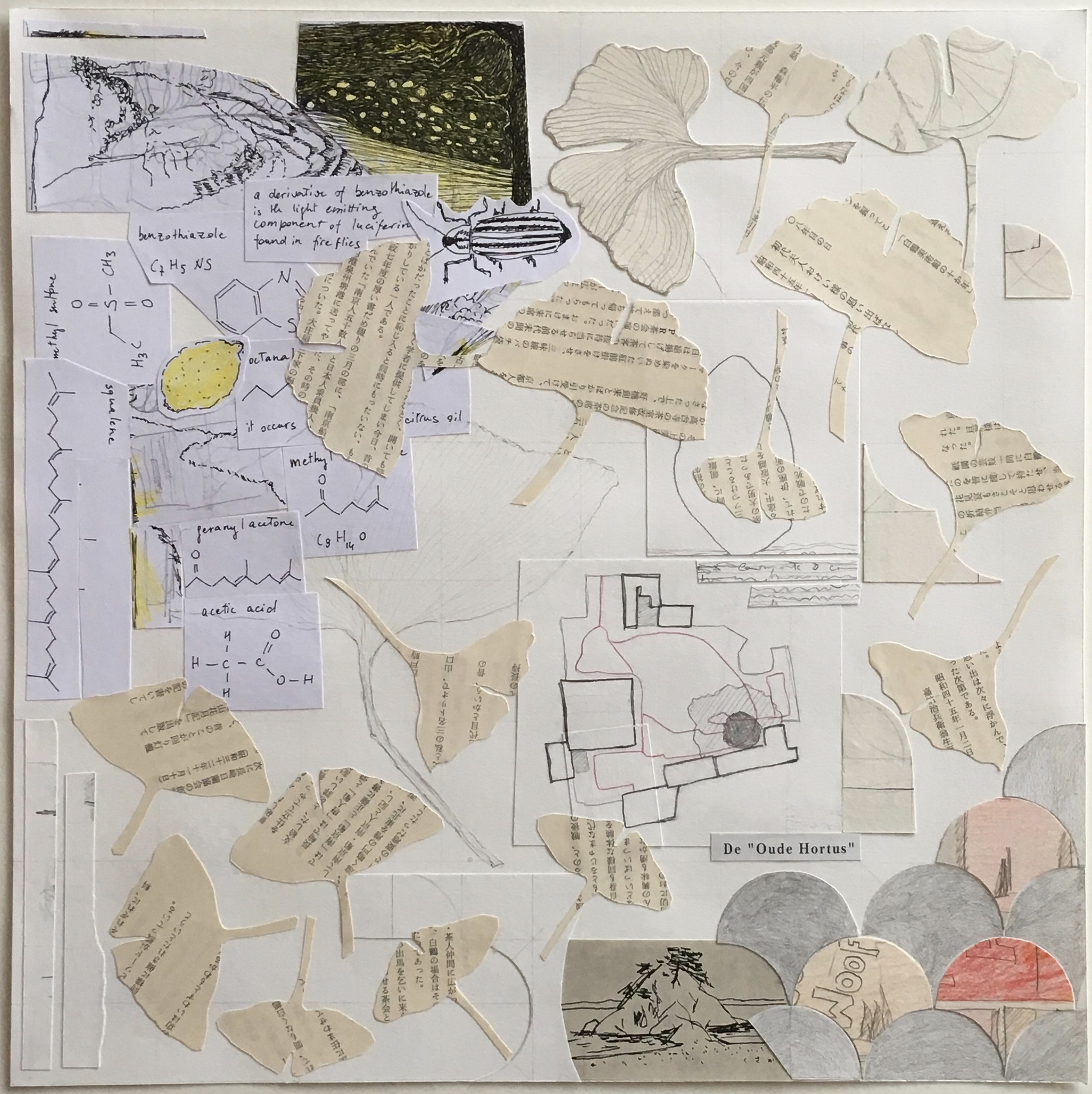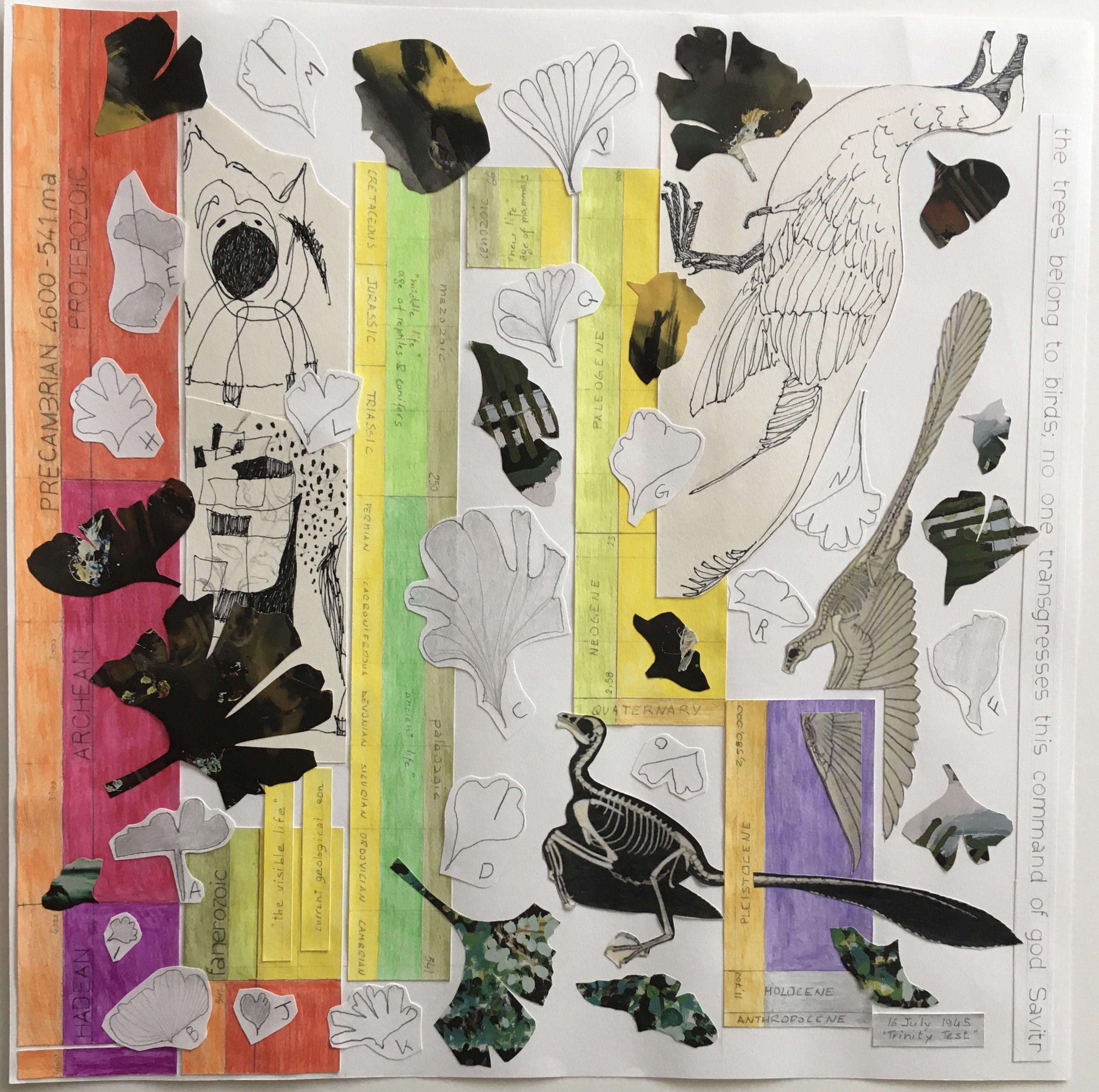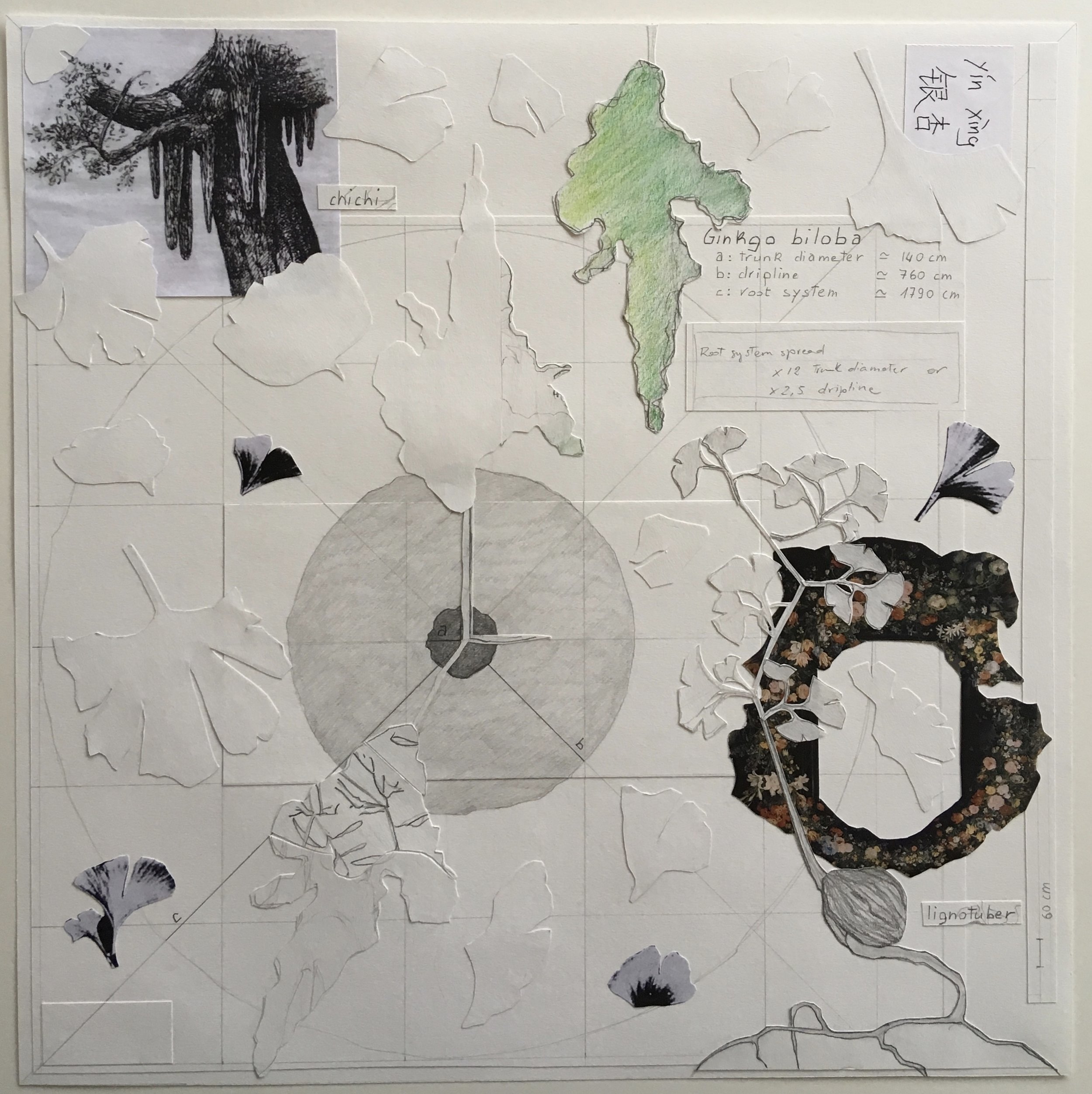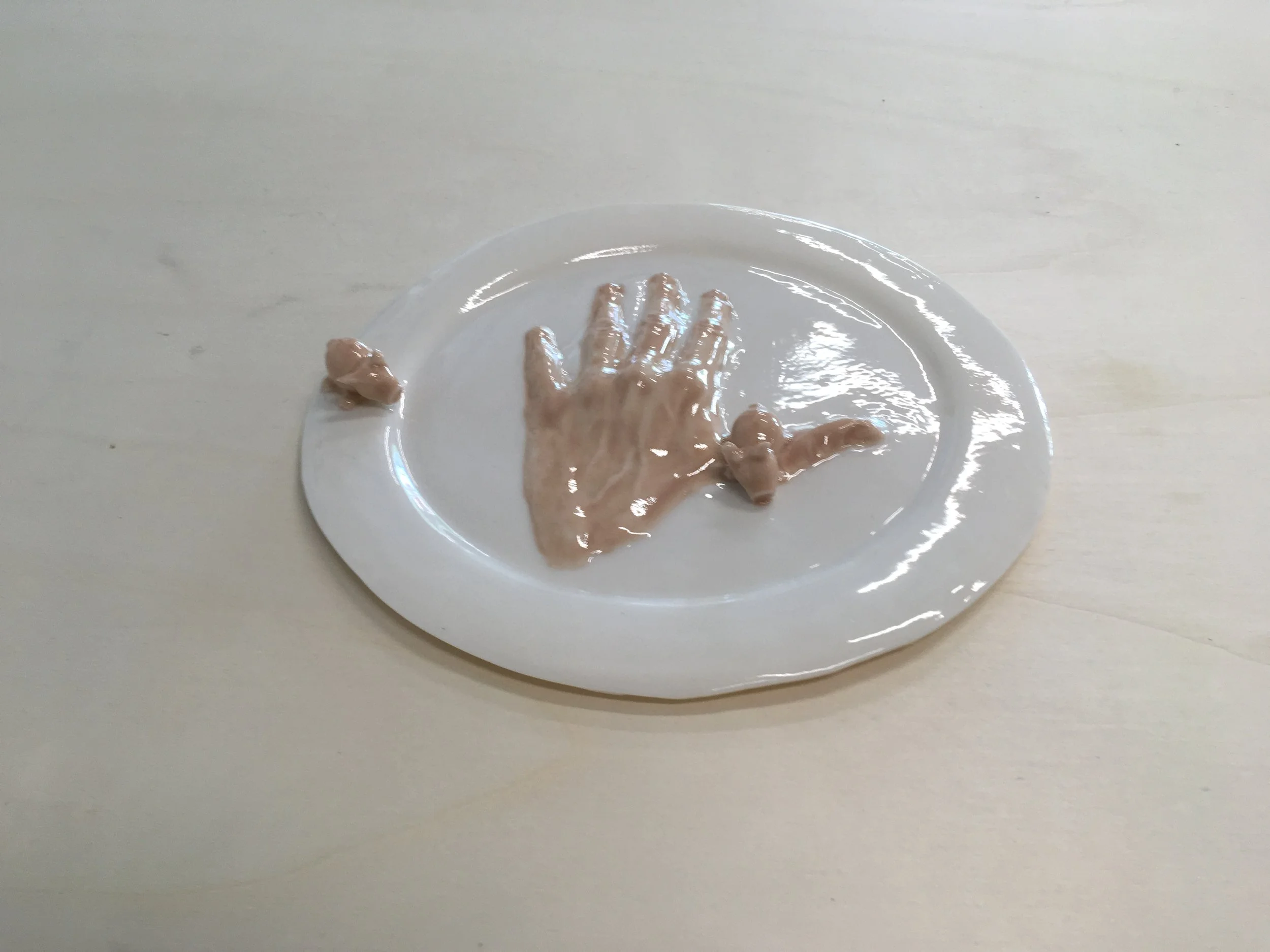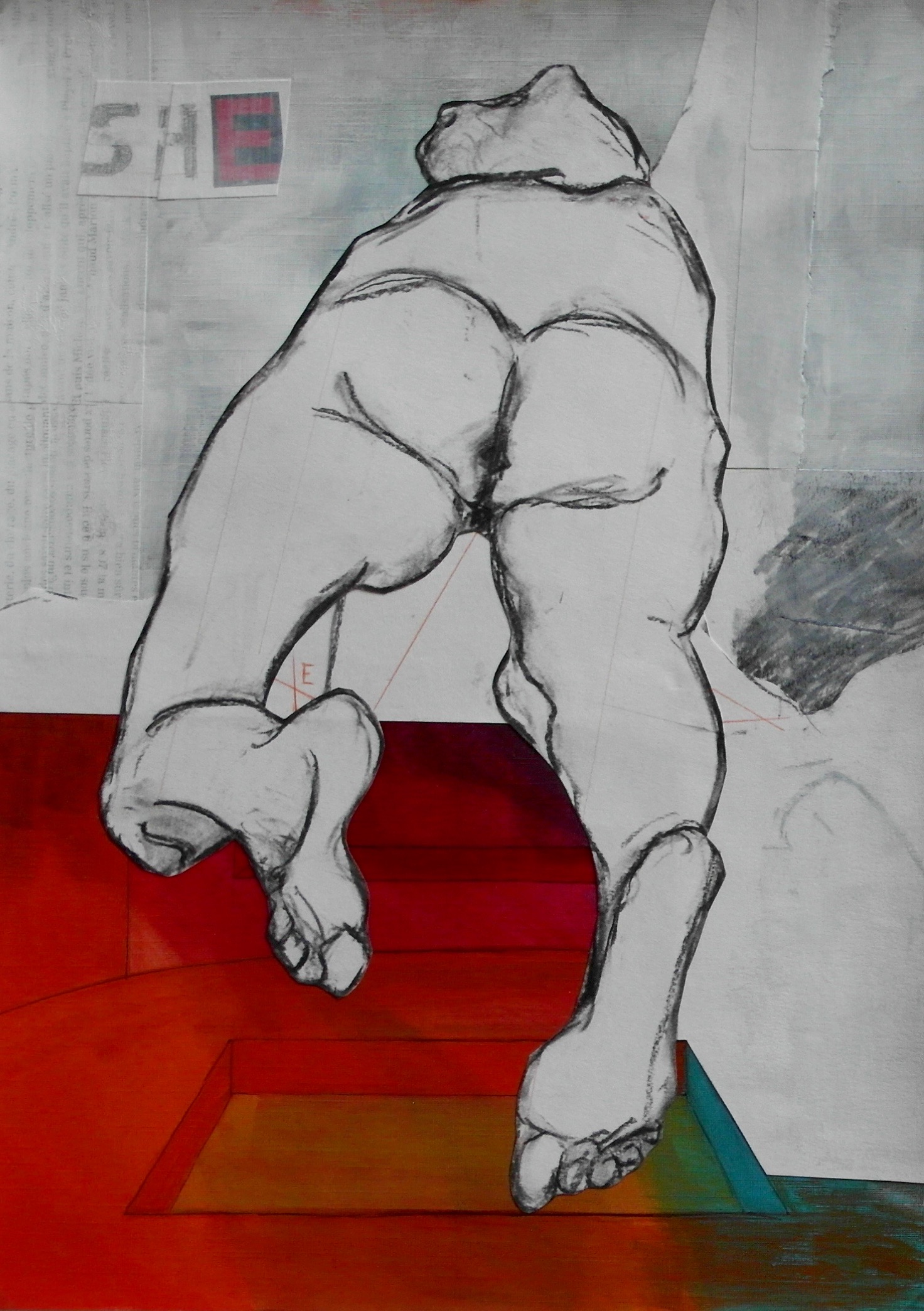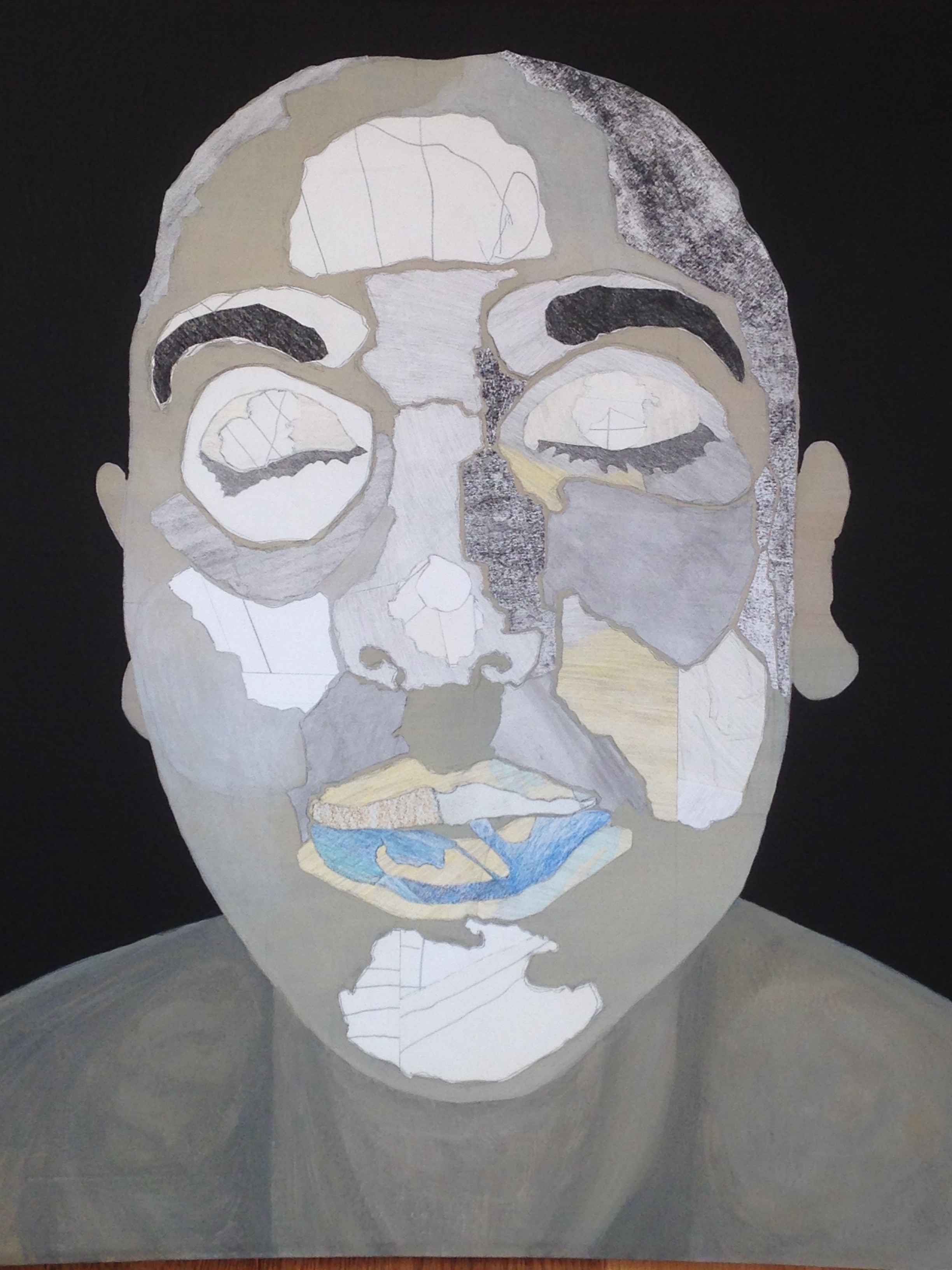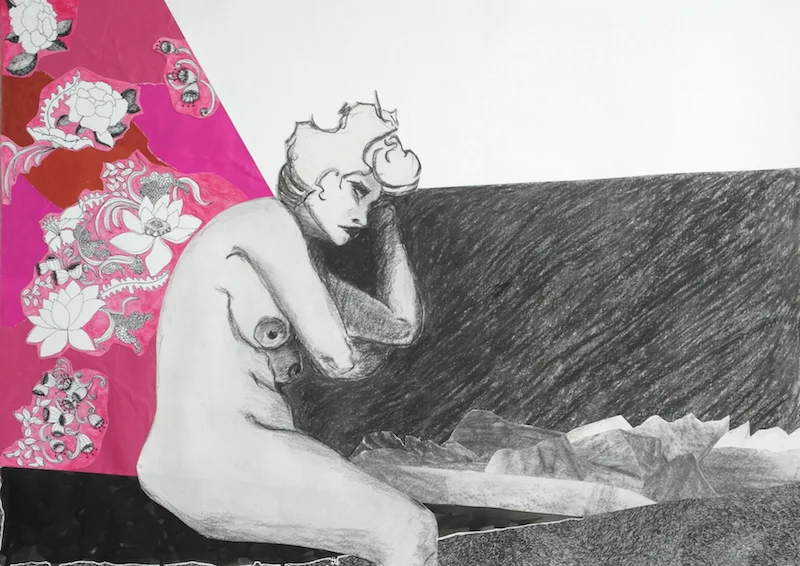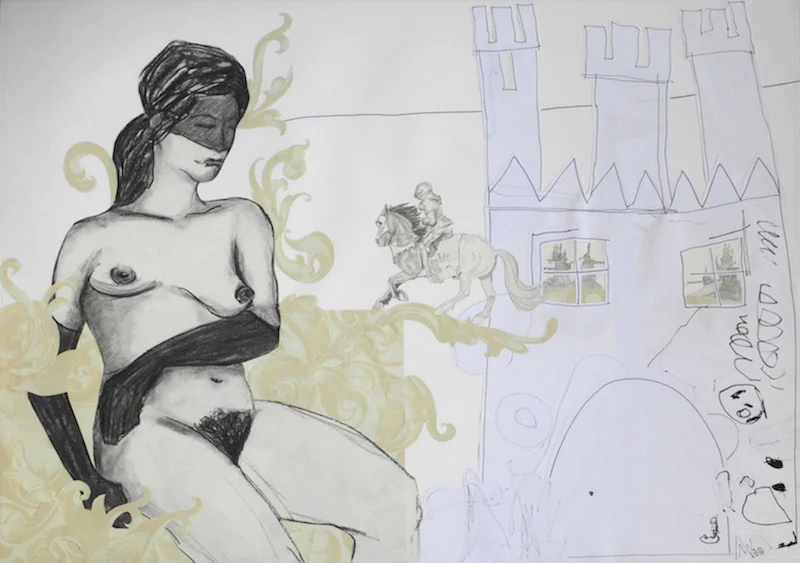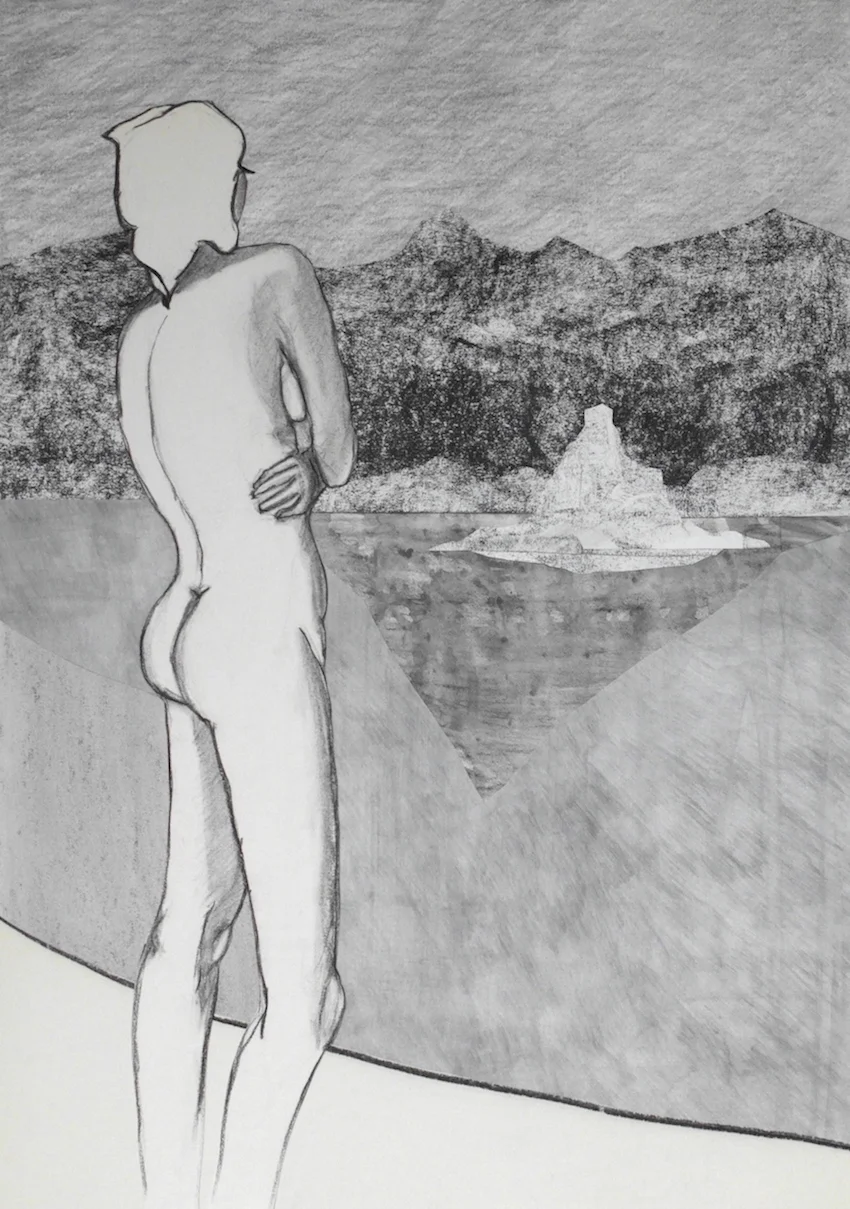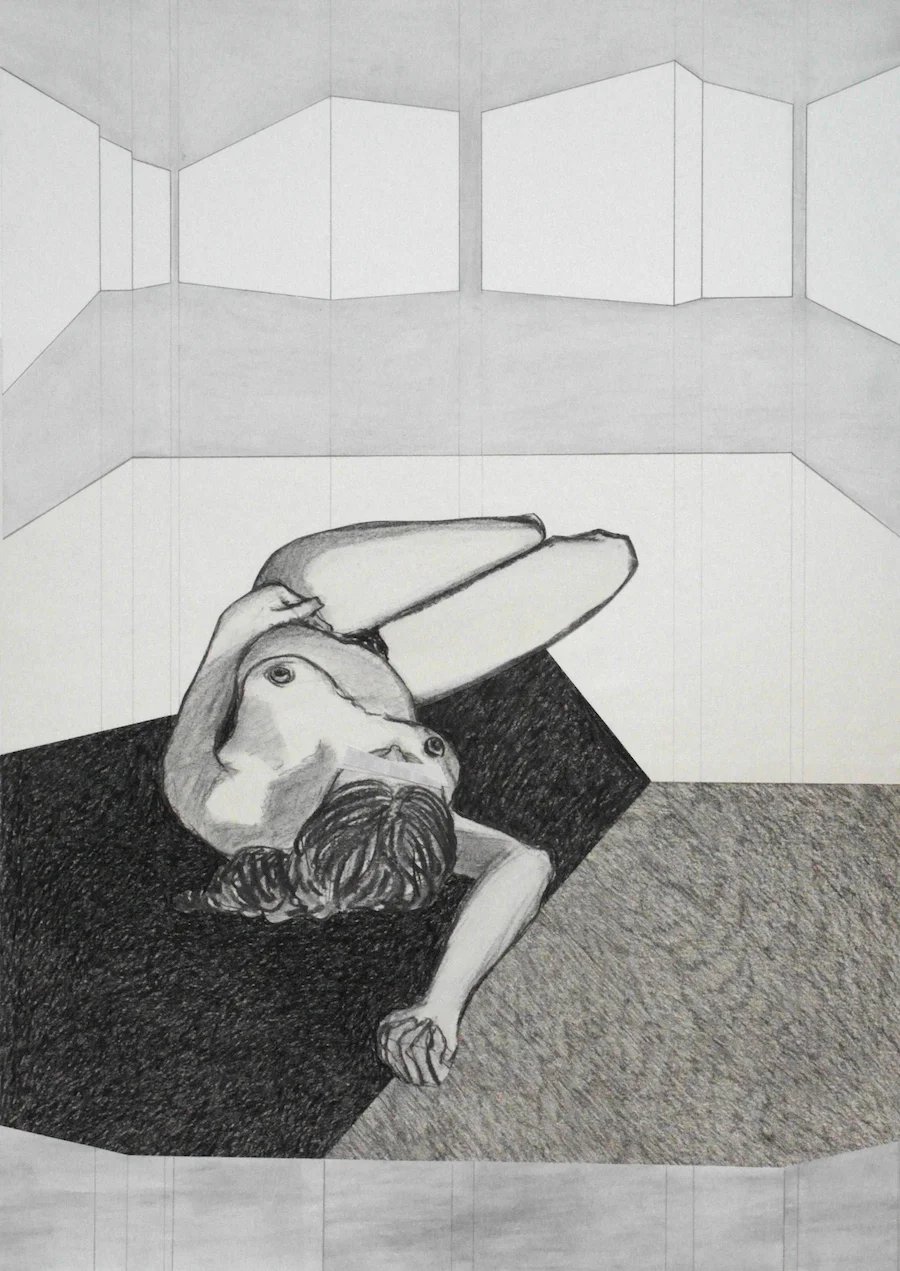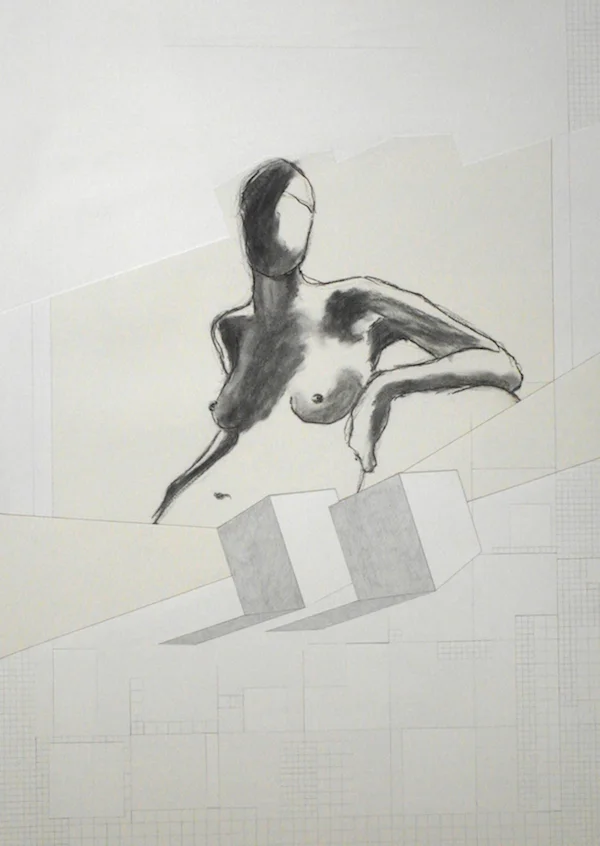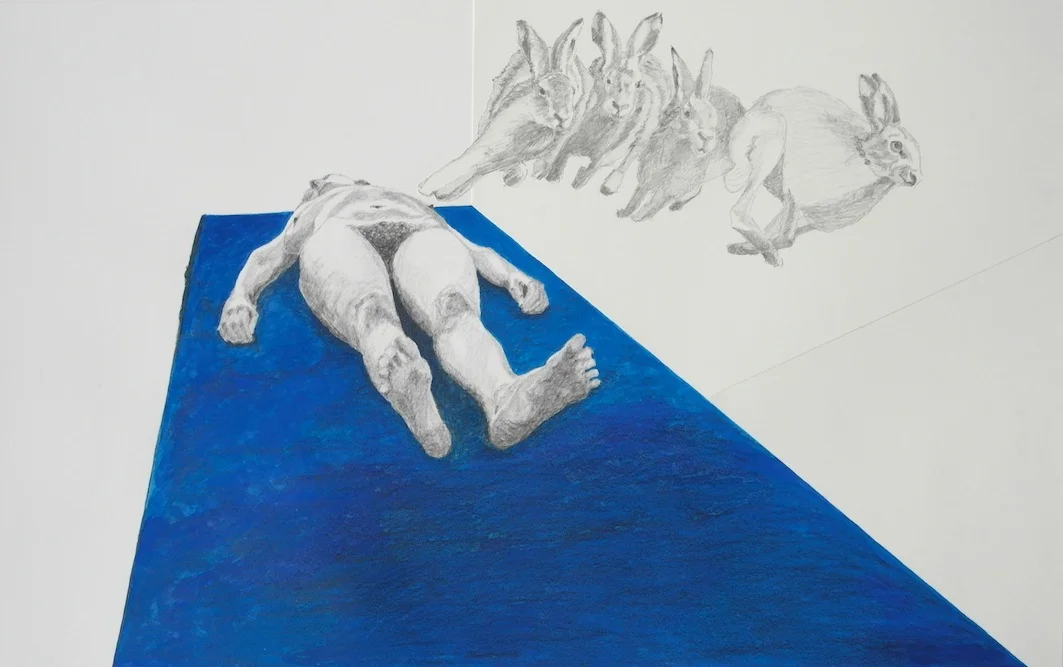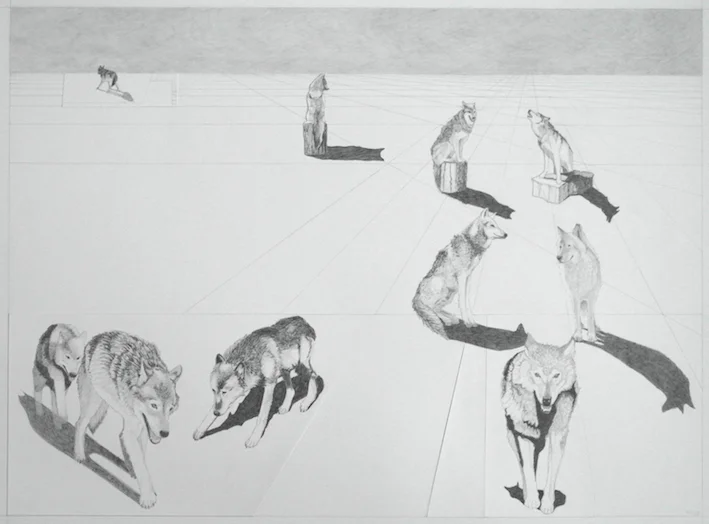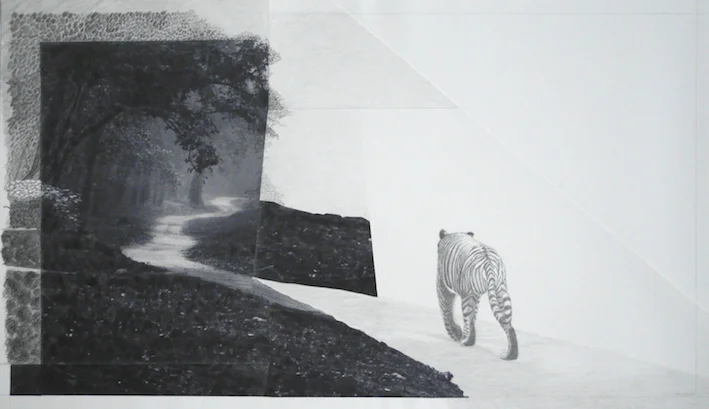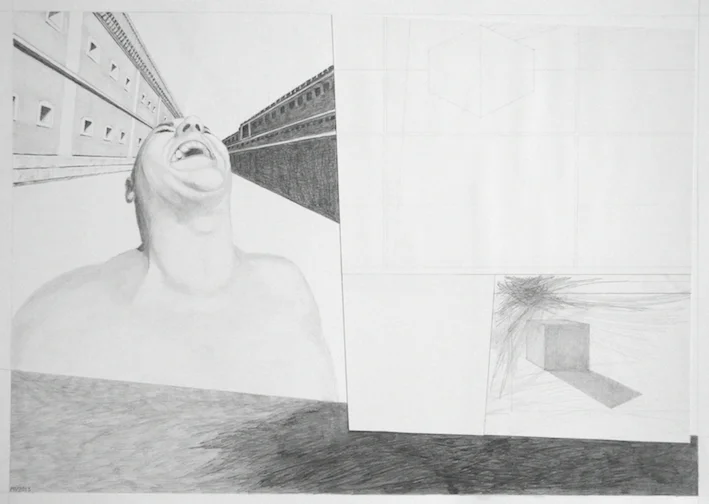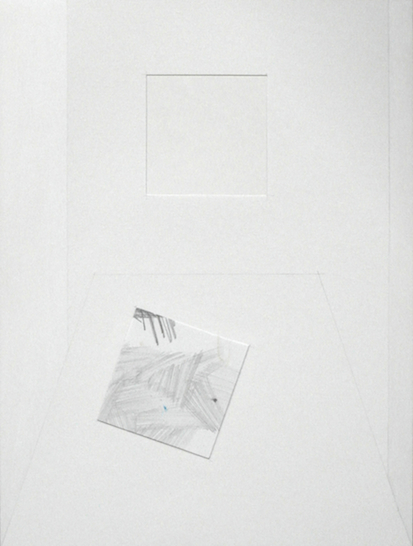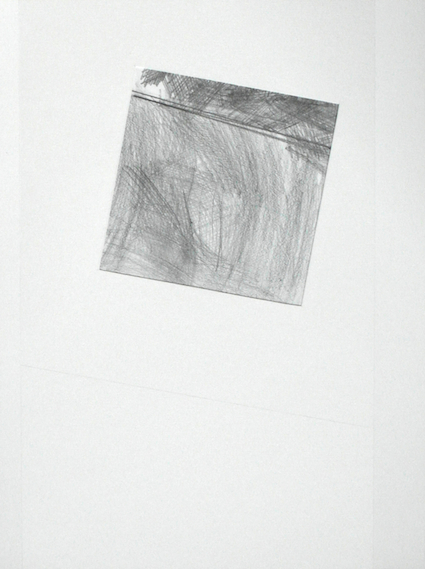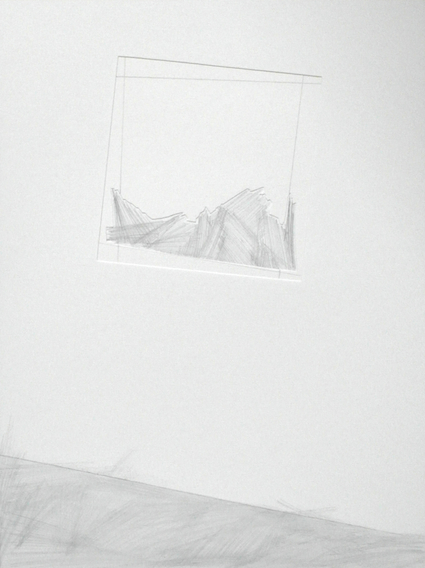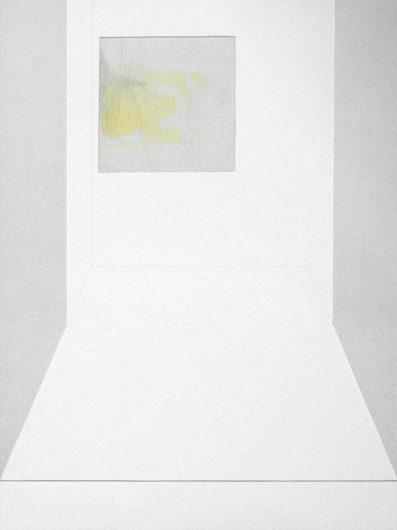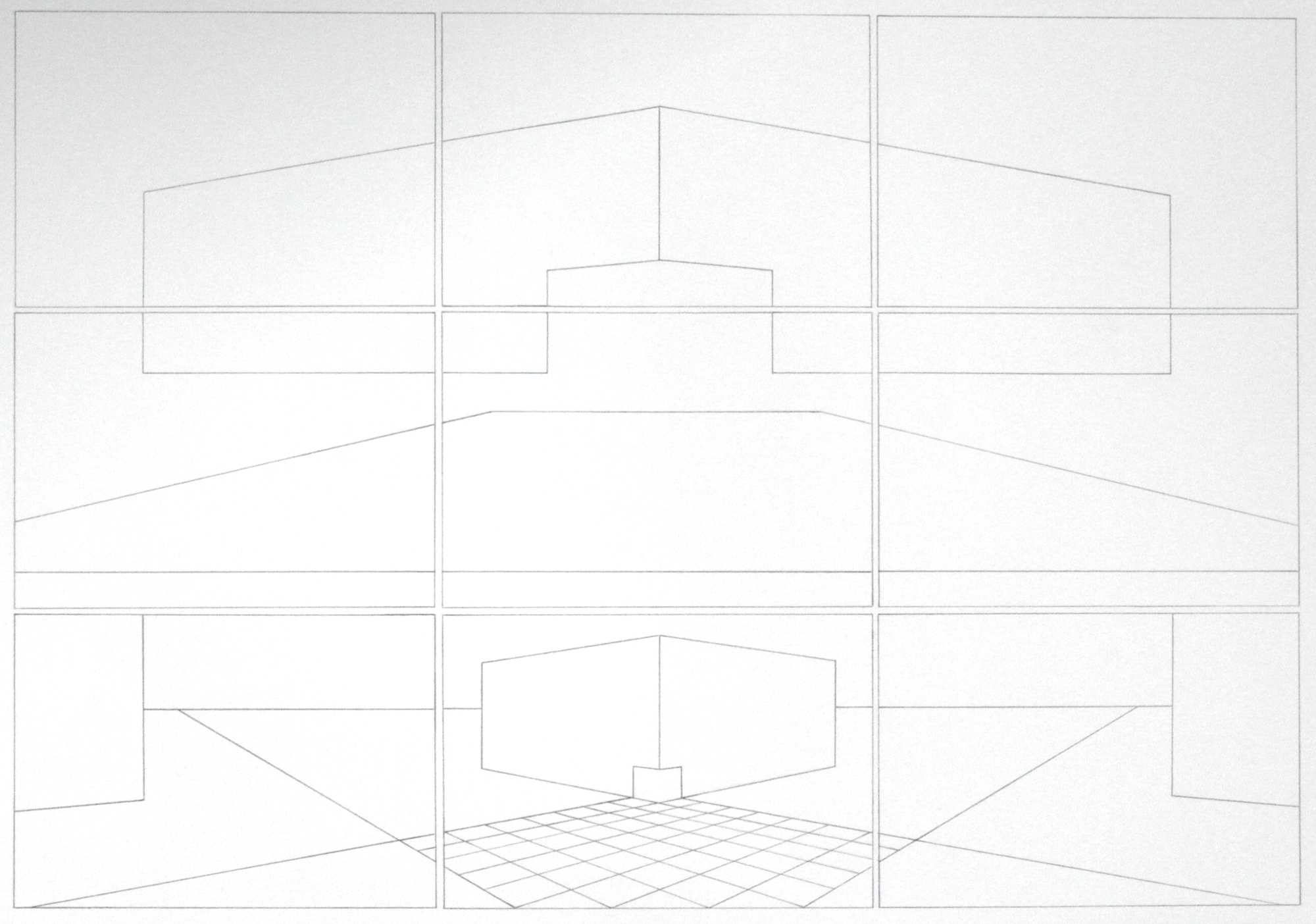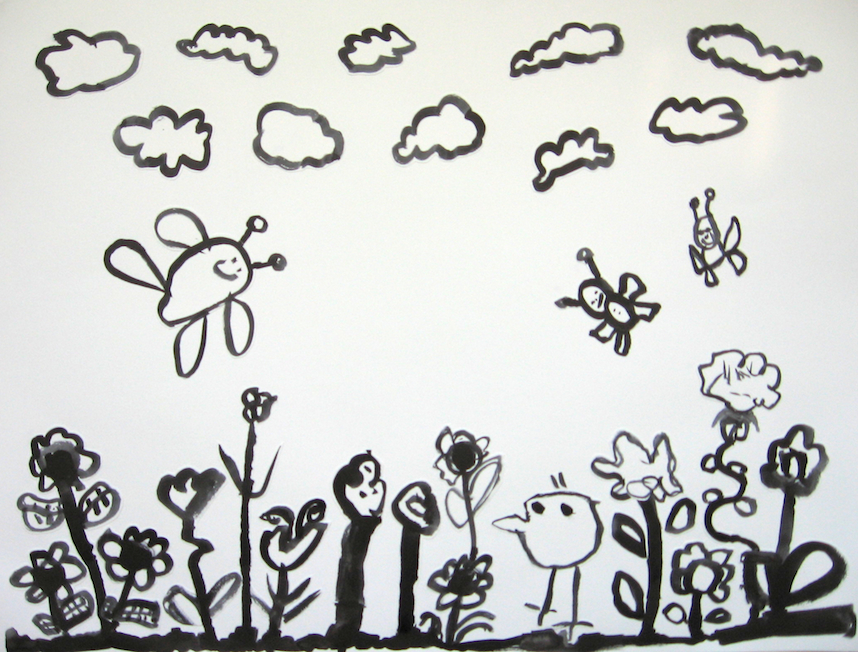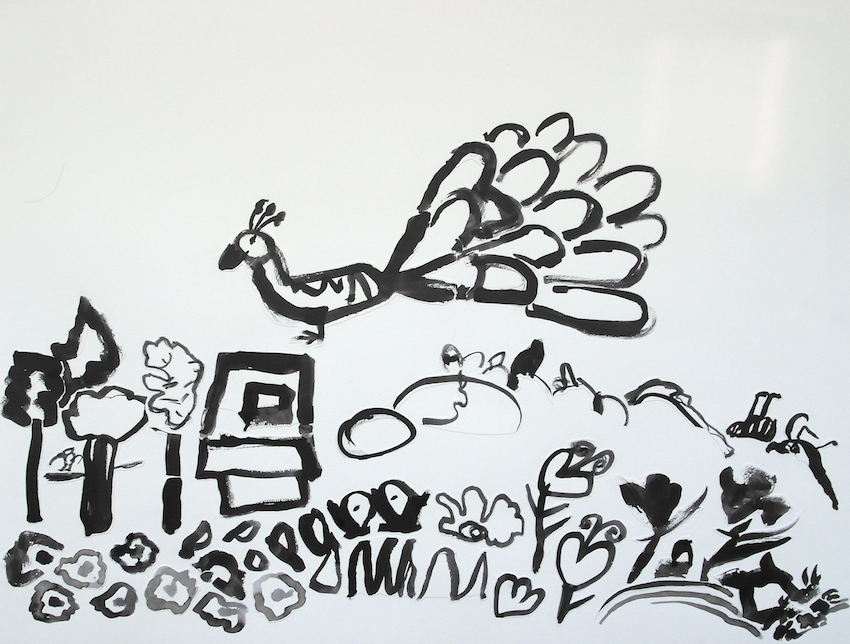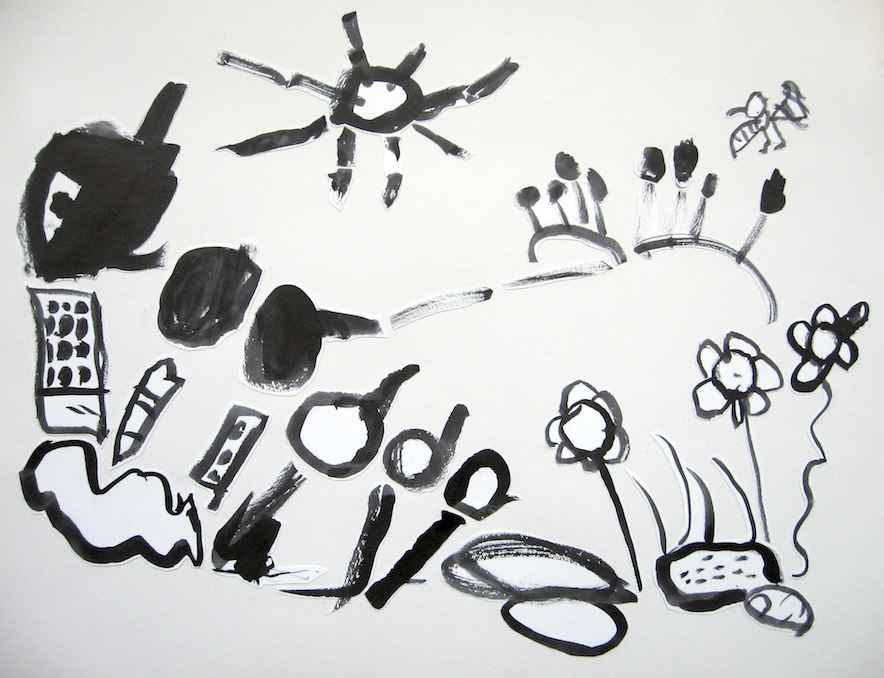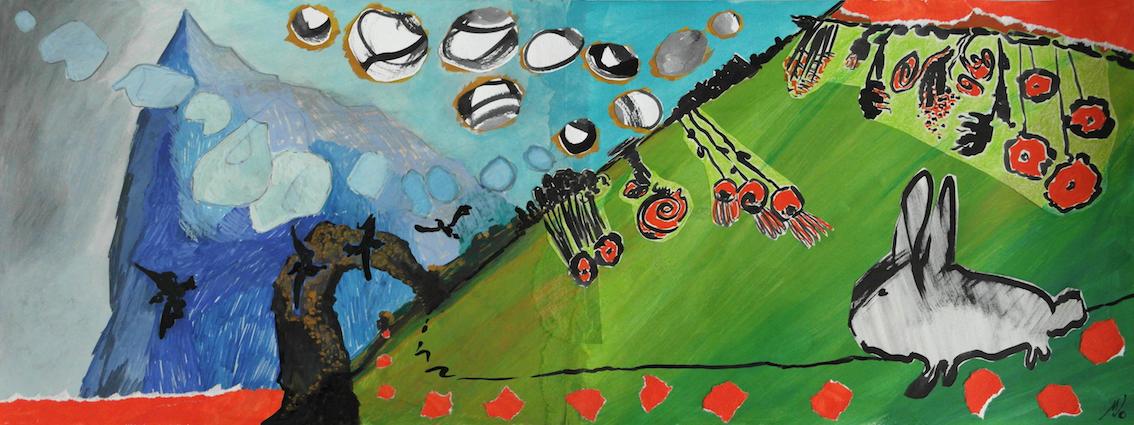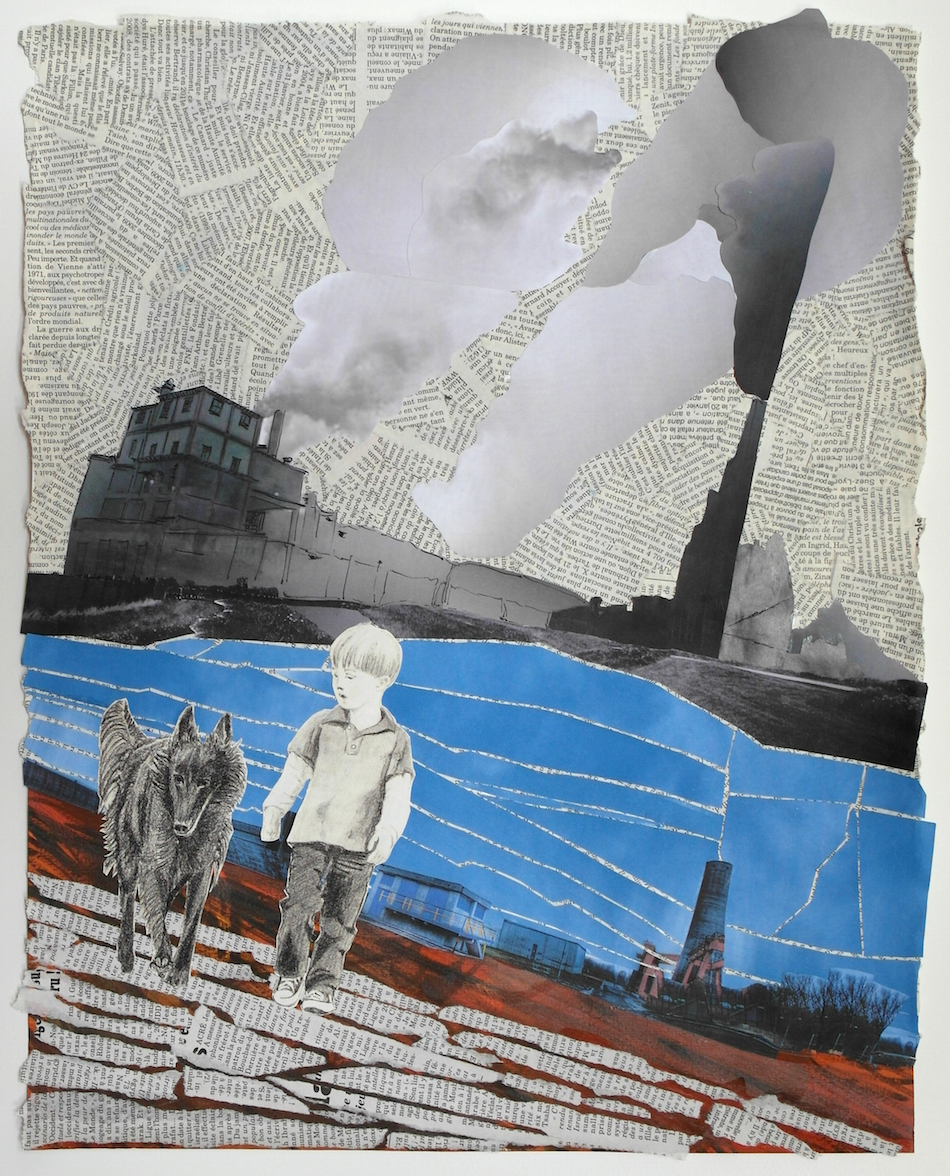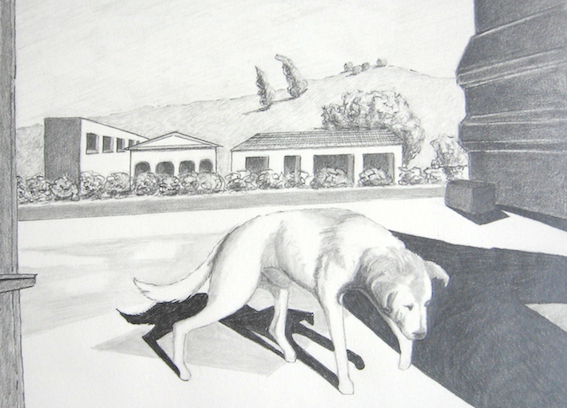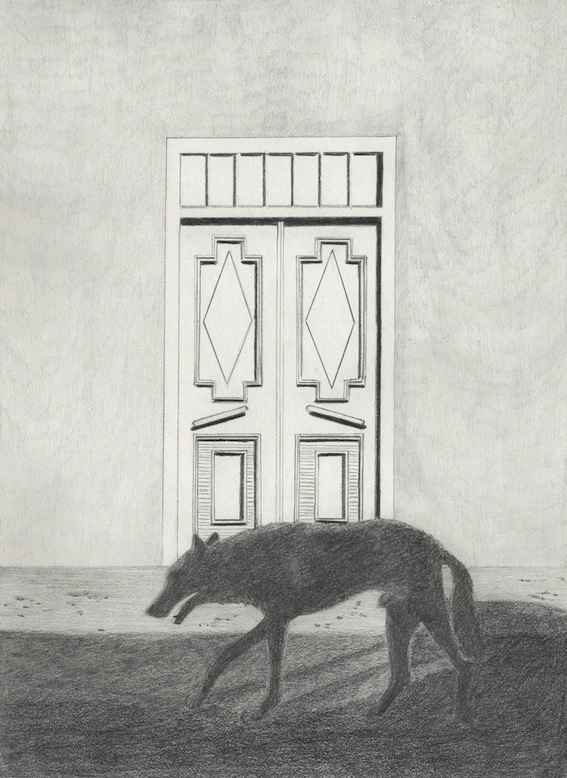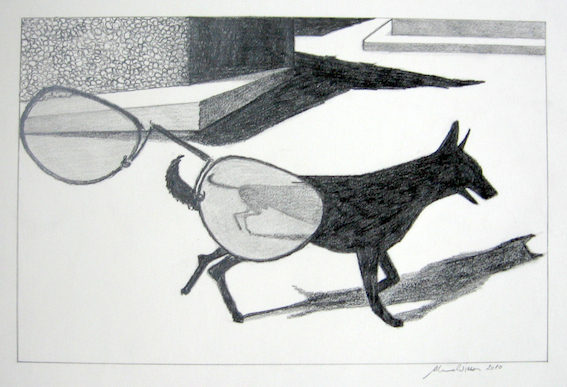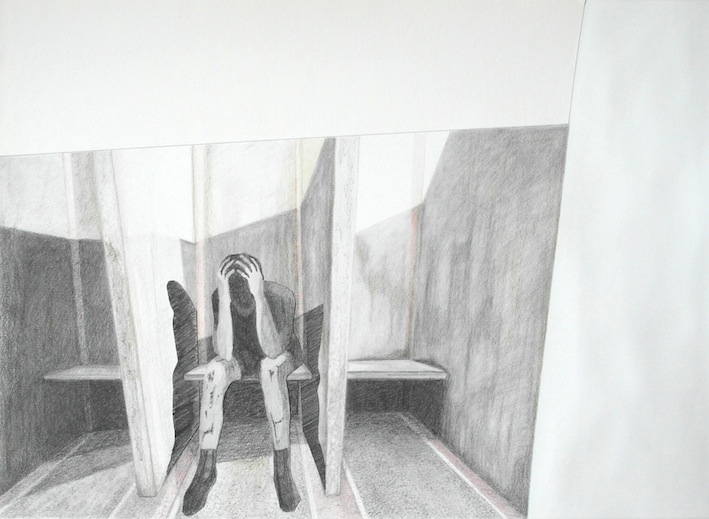2022. Installation and performative exercise, wooden blocks, paper infinity cubes, keywords.
All Under One Sky, a performative exercise by Manuela Viezzer and Ganesh Nepal, explores how a cosmopolitan community can be imagined through active listening and critical self reflection. Maybe caring for the other and becoming responsible in the sense of making the other able to respond is what is needed to create a ground for article 1 of the Dutch constitution to become really meaningful, overcoming equality towards equity.
Literally `cosmopolitan’ means `citizen of the world’ from the Greek κόσμος (kosmos) meaning `world’ or `universe’, and πολίτης (politês) meaning `citizen’. Cosmopolitanism is therefore the idea that all human beings belong to a single community. By extension, it is the idea that all living beings belong to a single community.
The phrase `all under one sky’ is inspired by the Chinese concept of tiānxià (天下), which is sometimes used to translate `cosmopolitanism’. Literally 天下 means `all that is under the sky’, hence the world, the whole world. In this context, we like it in the form 天下众生 (tiānxià zhòngshēng) which means `all living beings under the sky’.
The constitution can be seen as a bond between state and nation, but what is a nation? Benedict Anderson characterizes a `nation’ as an `imagined political community’ because “the members of even the smallest nation will never know most of their fellow-members, meet them, or even hear of them, yet in the minds of each lives the image of their communion”. In a sense, a community can be `imagined’ as in `not real’. But in a different sense, a community can be `imagined’ as in `the result of an imaginative process’. Anderson explains how this imaginative process has been working so far, through similar or shared interests and above all through a shared language. But there is no intrinsic limitation on how this imaginative process could be performed.
Maybe a cosmopolitan community should be imagined through active listening and critical self reflection. Maybe caring for the other and becoming responsible in the sense of making the other able to respond is what is needed to create a ground for article 1 to become really meaningful. Caring for the other is needed to move from equality to equity.
Equality means each individual or group of people is given the same resources or opportunities. Equity recognizes that each person has different circumstances and allocates the exact resources and opportunities needed to reach an equal outcome equal in front of the law
Social systems aren’t naturally inequitable — they’ve been intentionally designed to reward specific demographics for so long that the system’s outcomes may appear unintentional but are actually rooted in discriminatory practices and beliefs.
To achieve equity, equal treatment is usually not enough. Instead, everyone should be treated justly according to their circumstances. Equality has to do with `the same amount’. Equity has to do with `fairness, impartiality and justice.’ so, being treated equally vs being treated fairly.
The complication with equity is that people often disagree on what is “just” or “fair.” These are subjective concepts and, as a result, laws and policies that attempt to achieve equity are often controversial.
In our performative exercise we explore how a critical community can be created, and then suggest that maybe a truly cosmopolitan nation should be constructed as a critical community.
Our approach for this performative exercise is based on the research works of Benedict Anderson (on nationalism), Peter Block and Silvia Cristina Bettez (on social justice and pedagogy). We have also been inspired by Training for not yet.
Photo credits: Alëna Vinokurova and Chun Yao Lin



